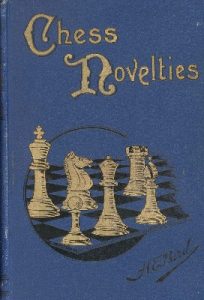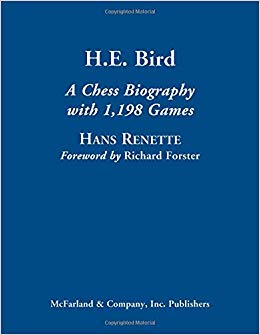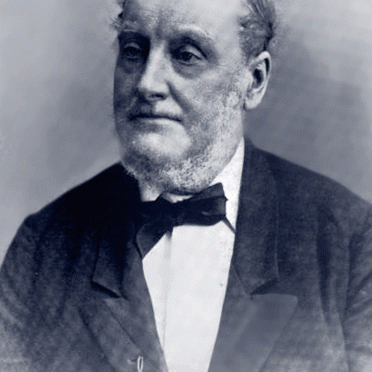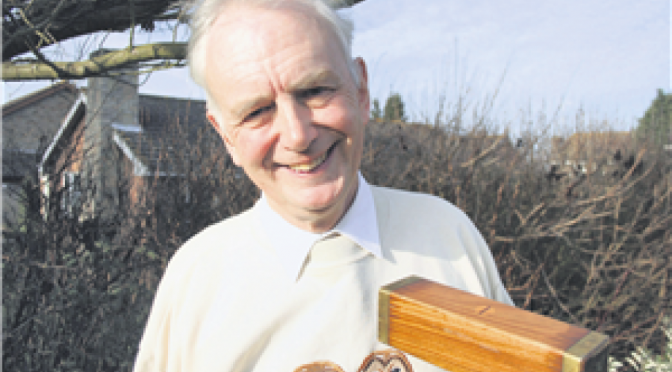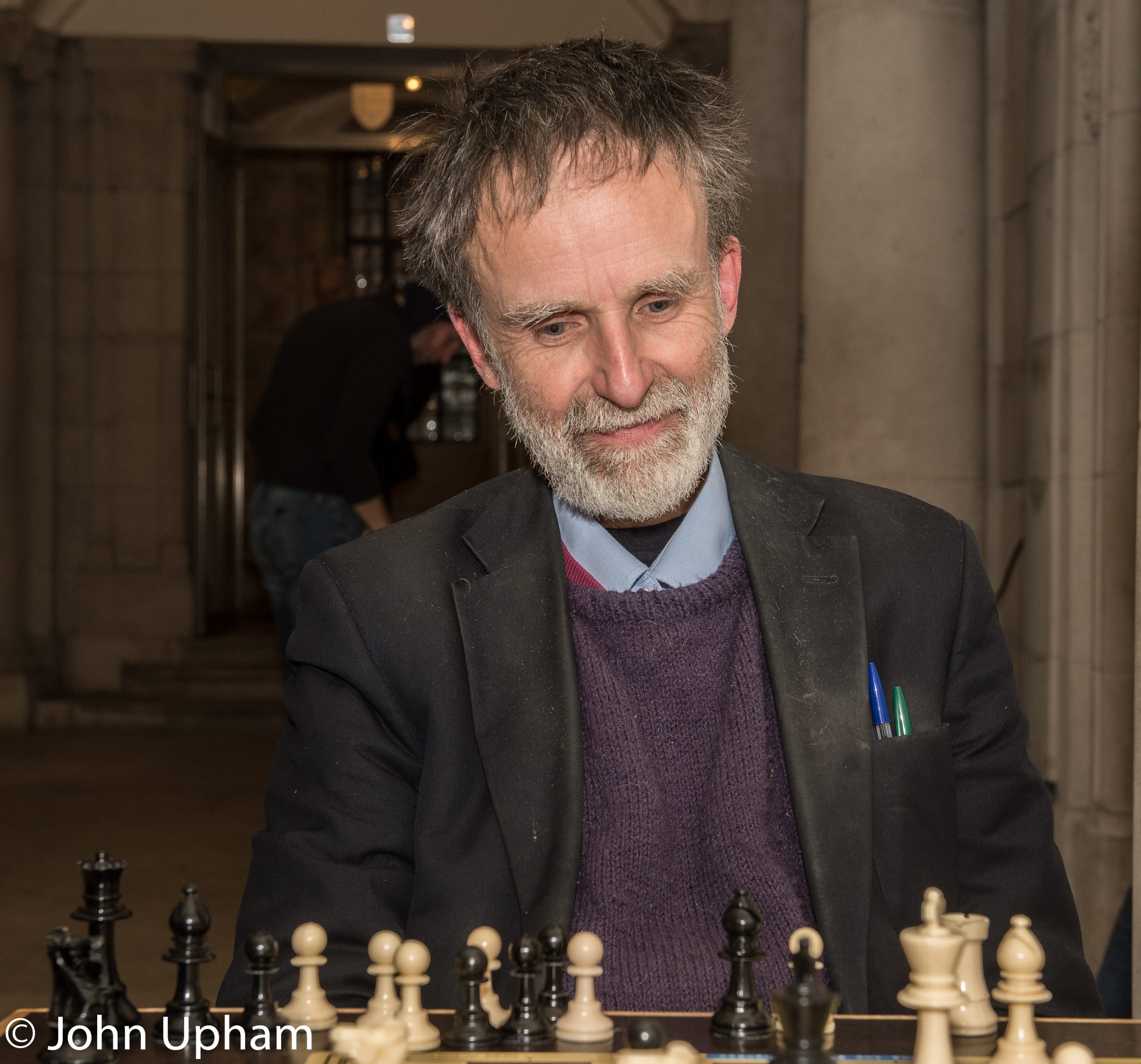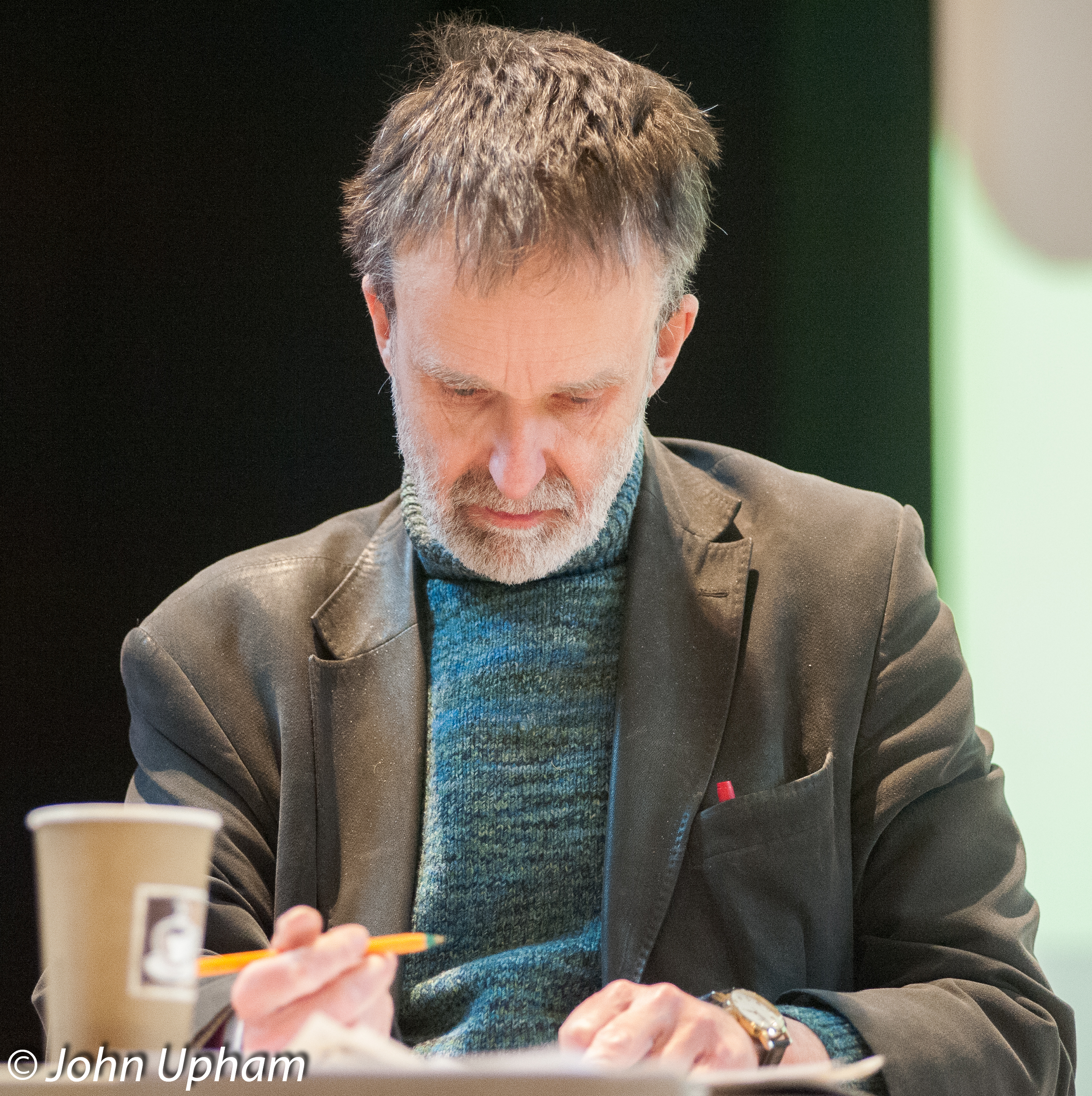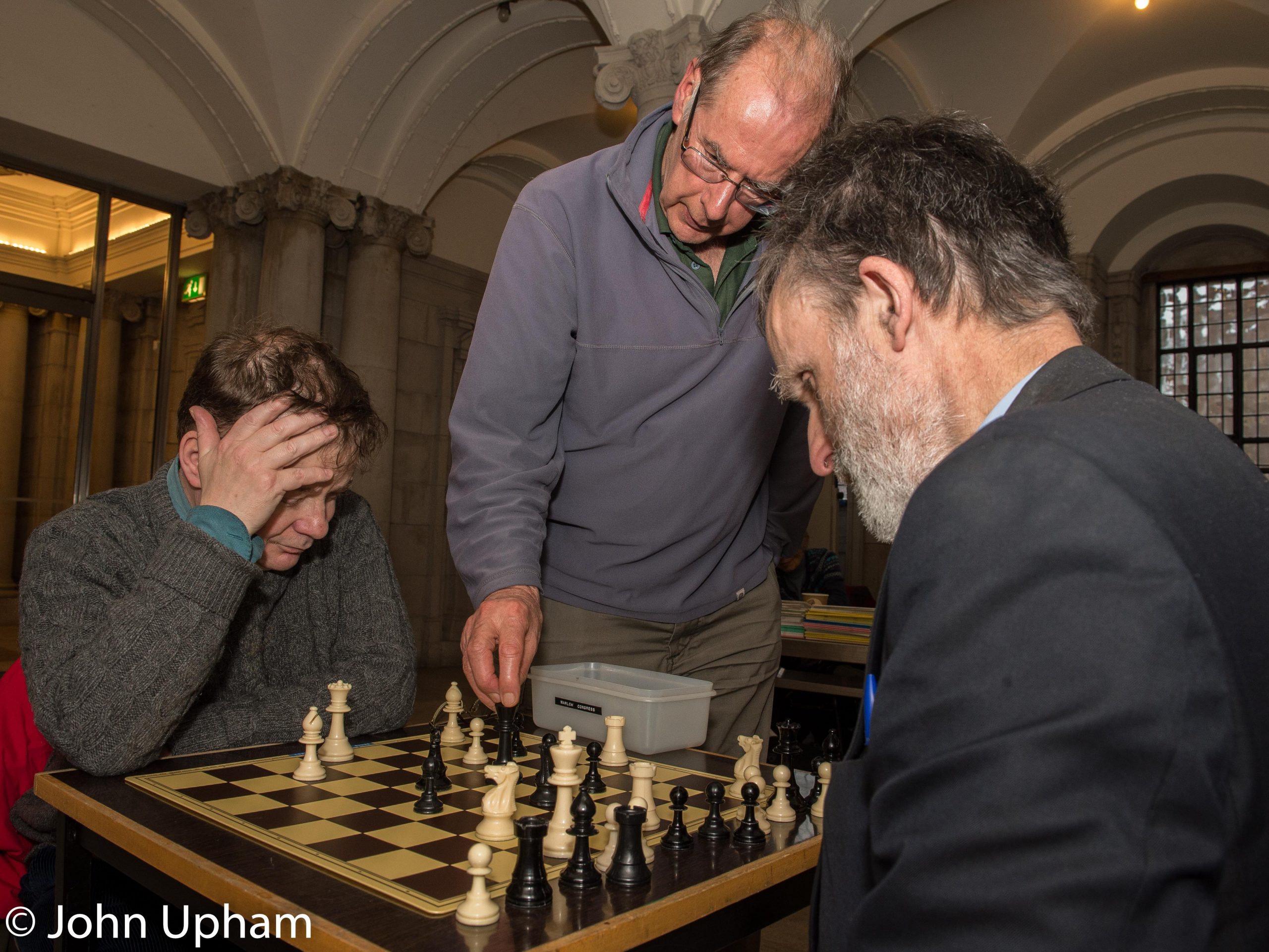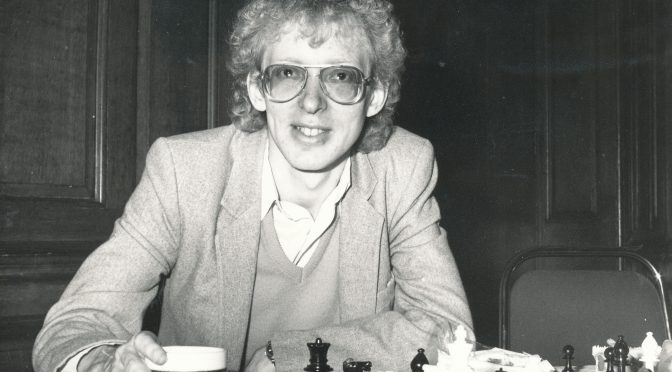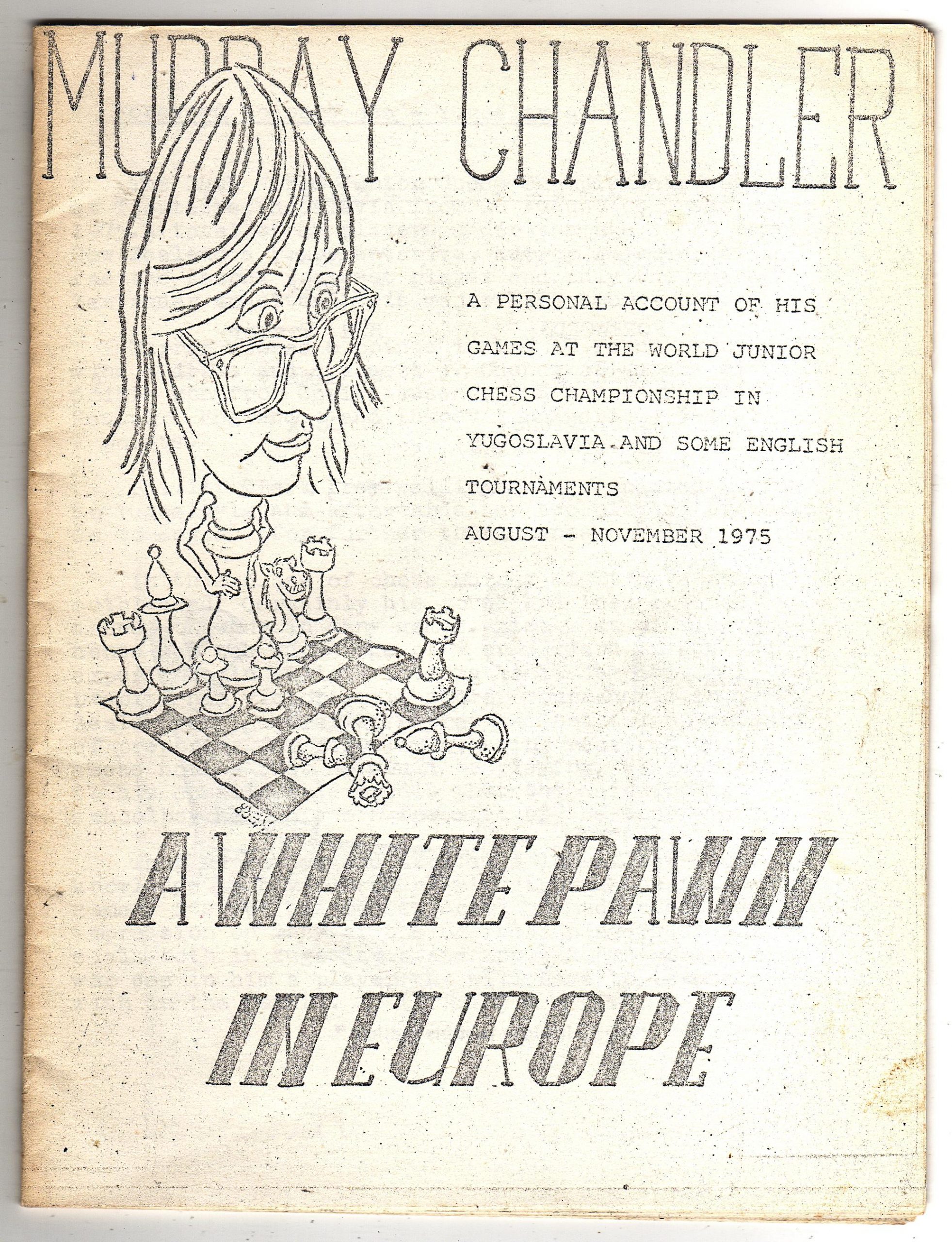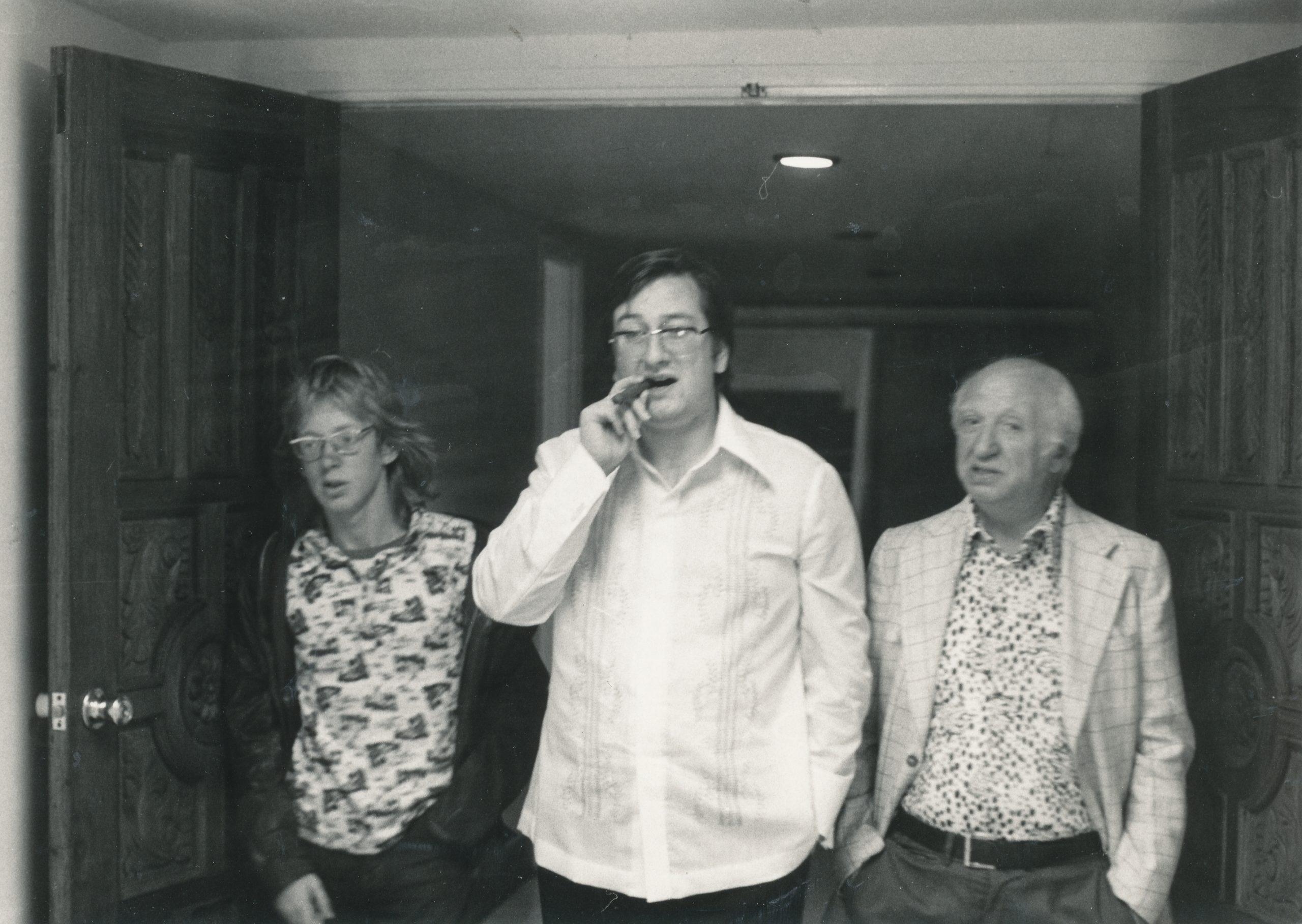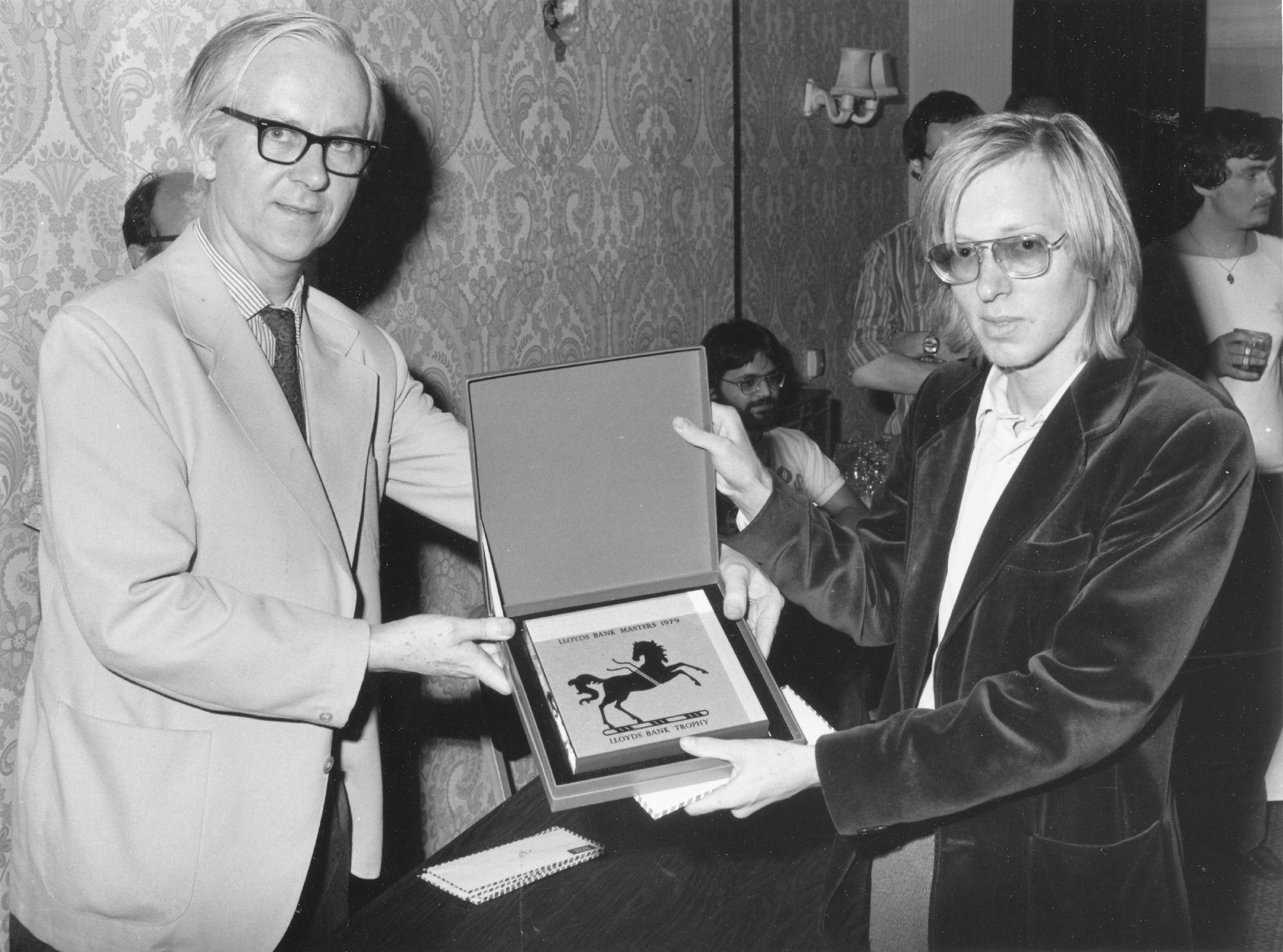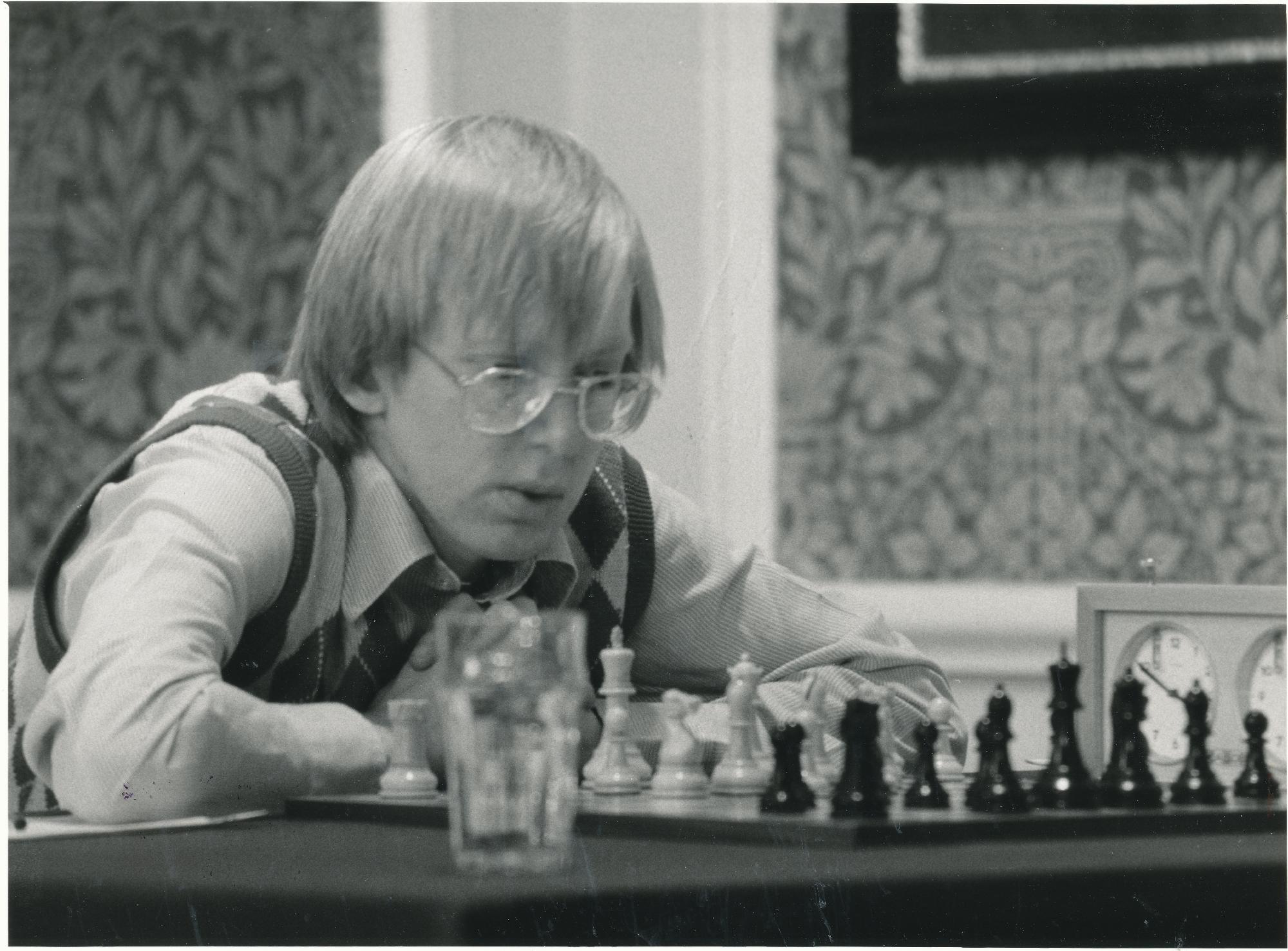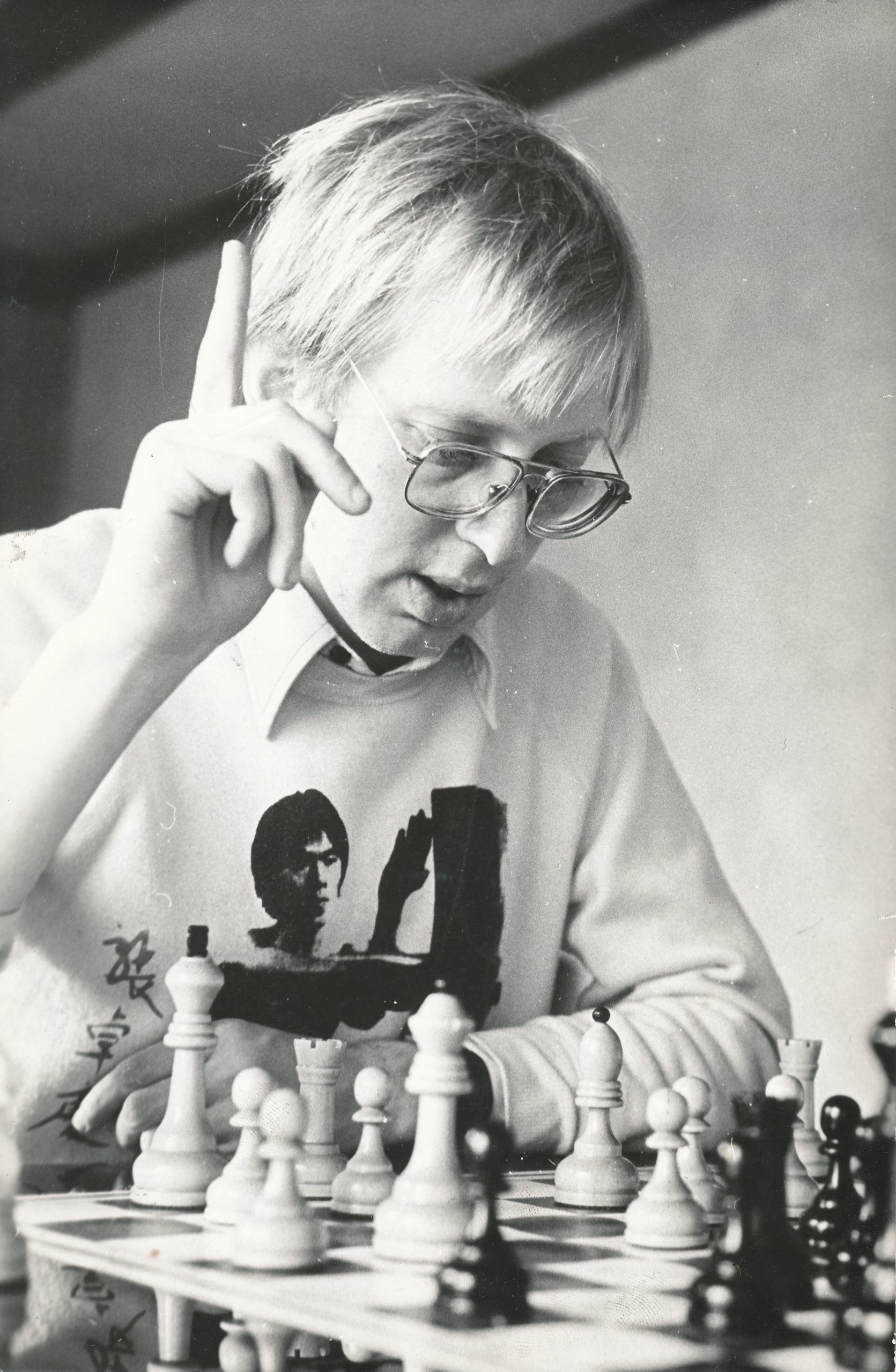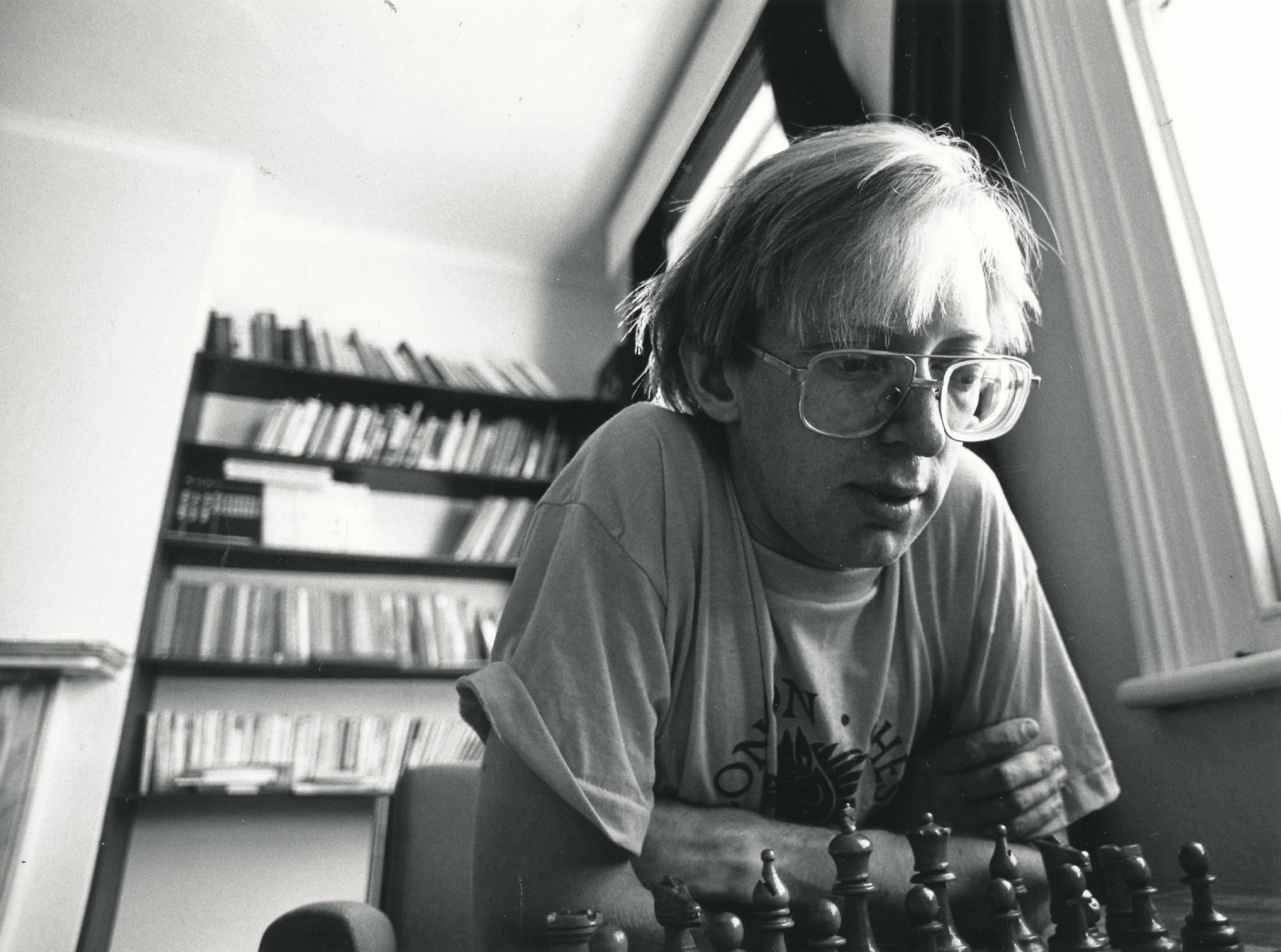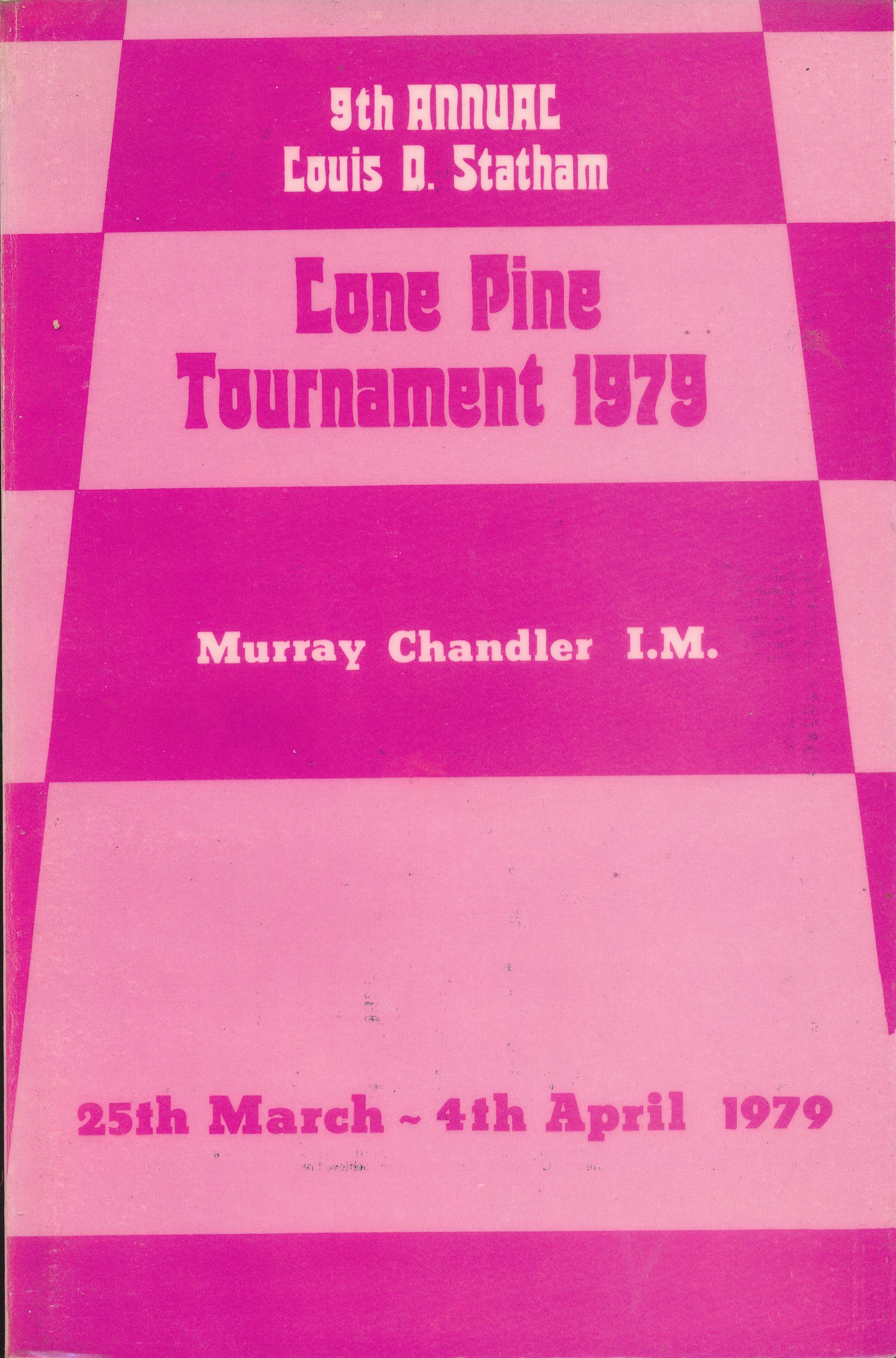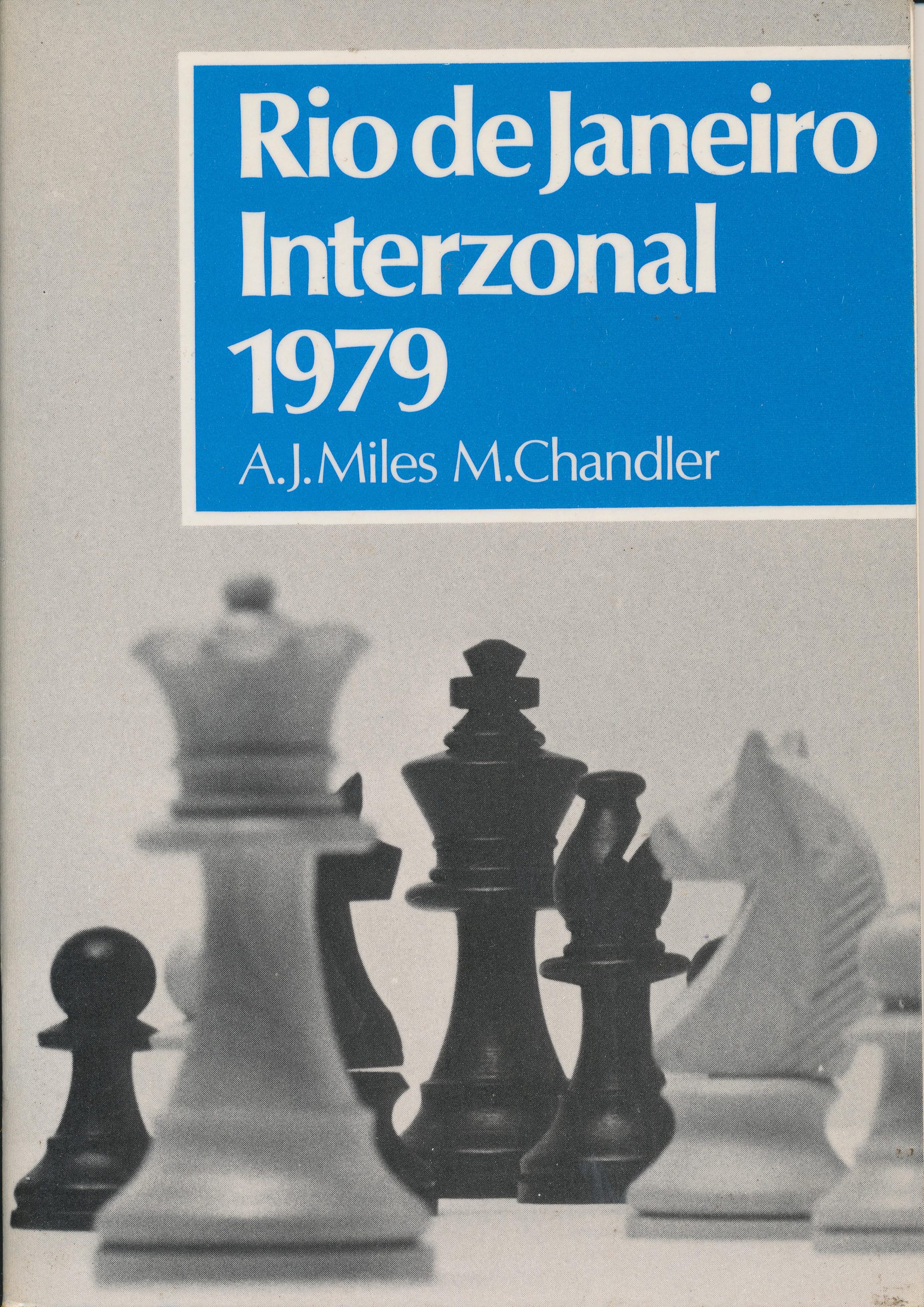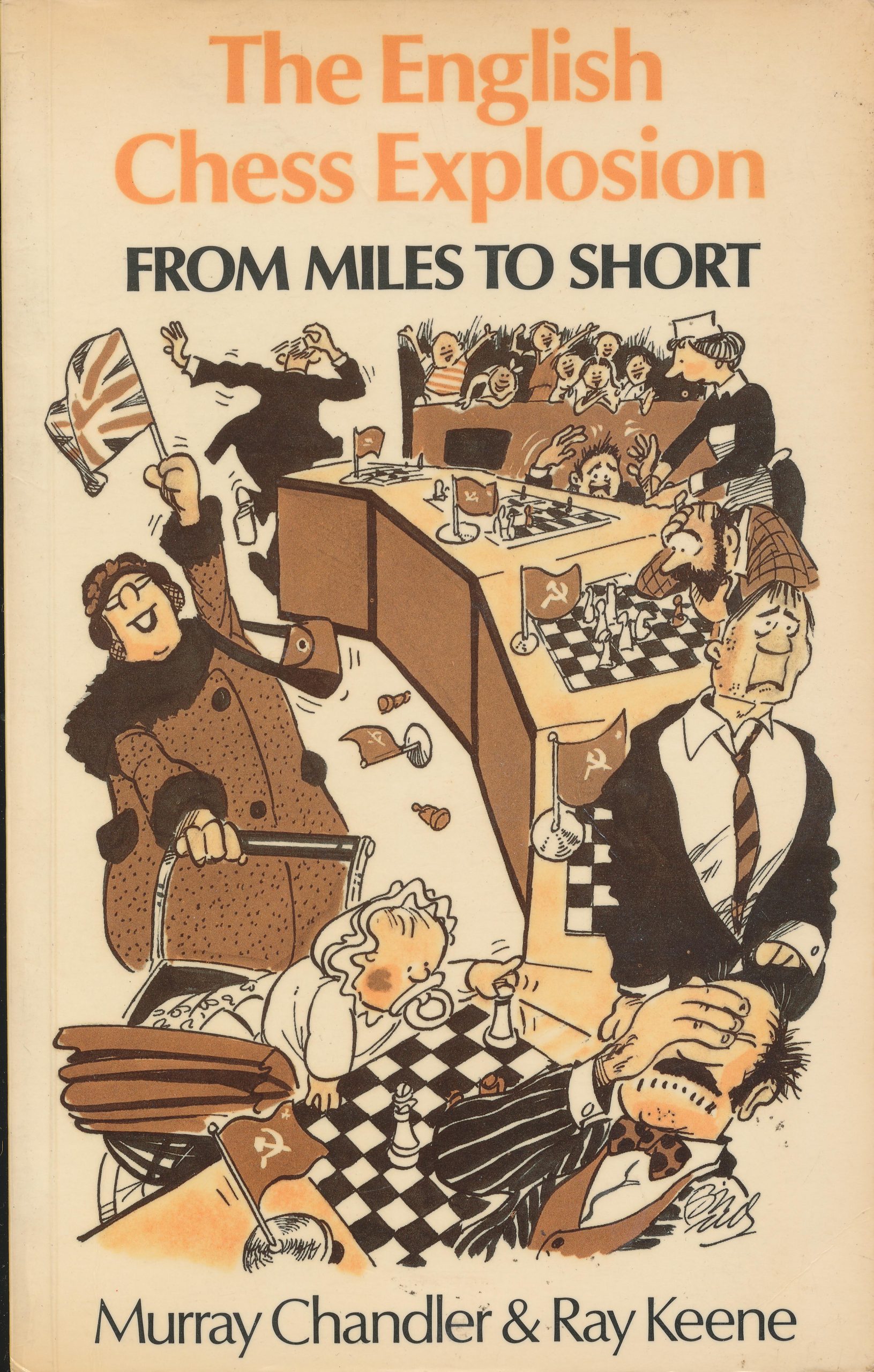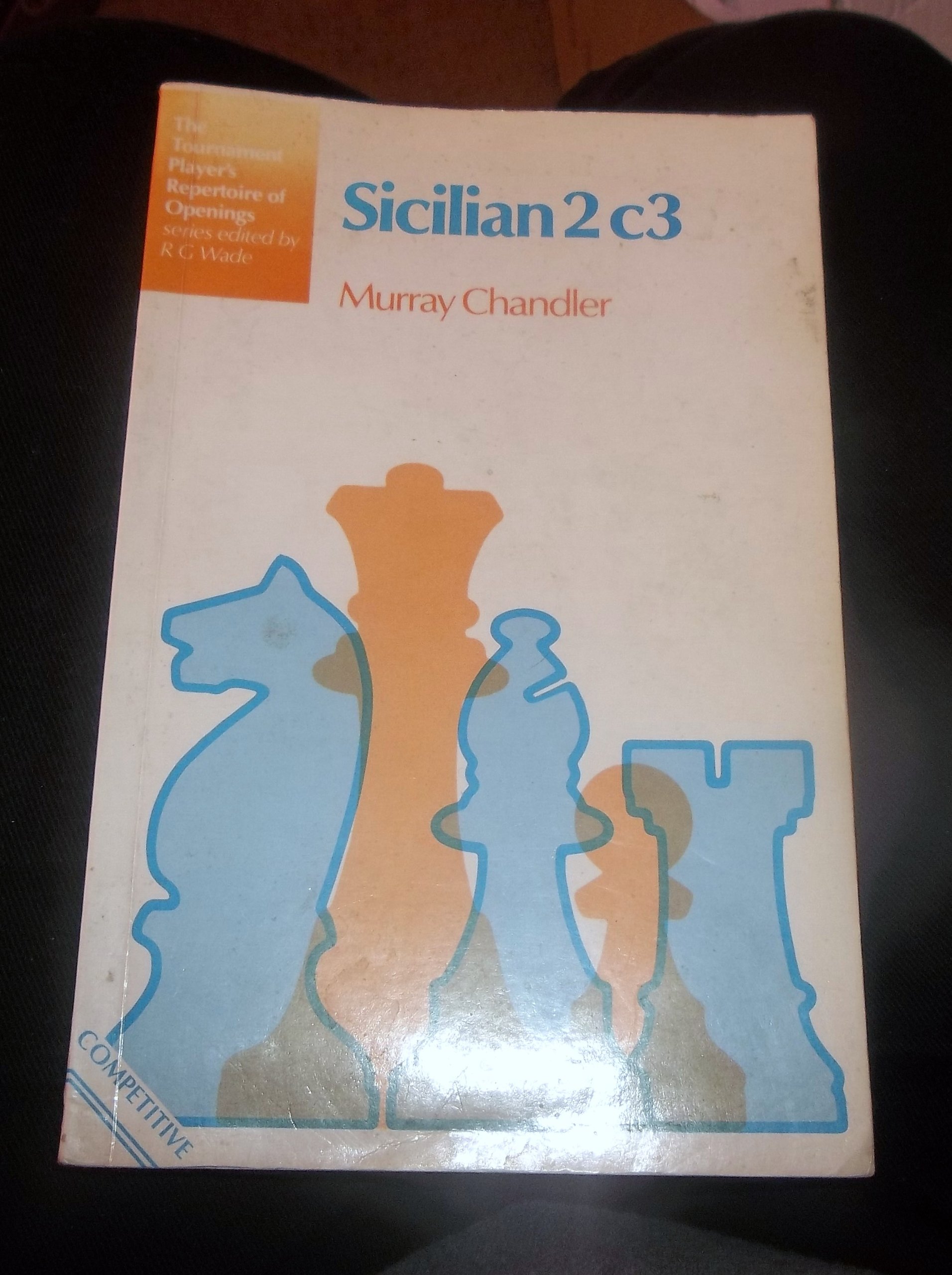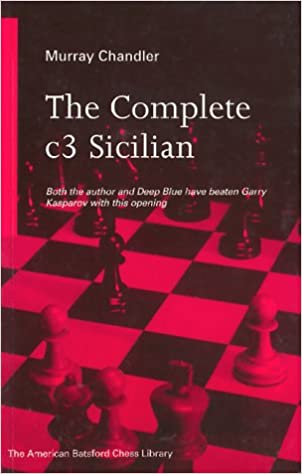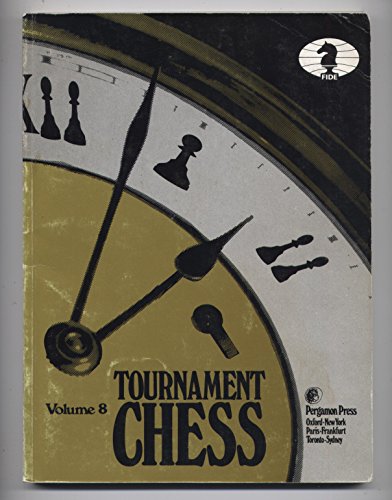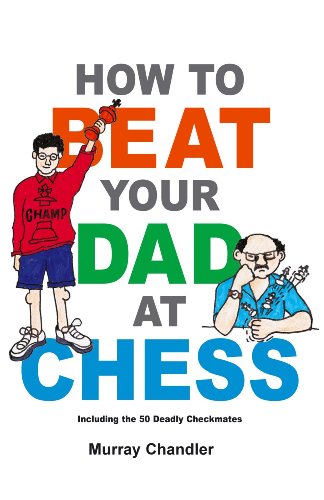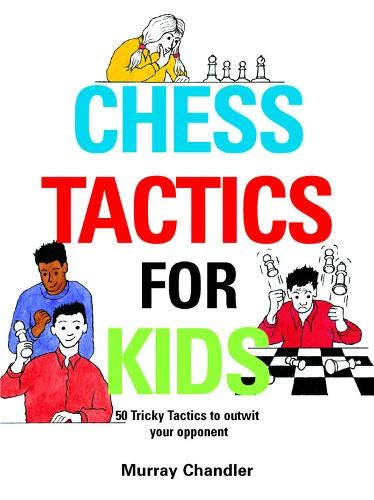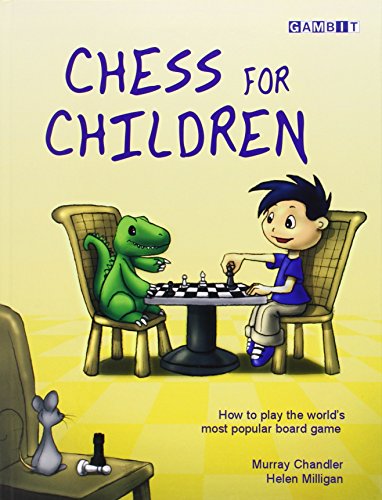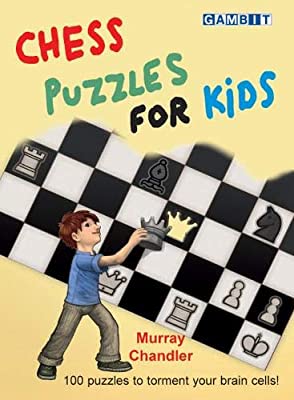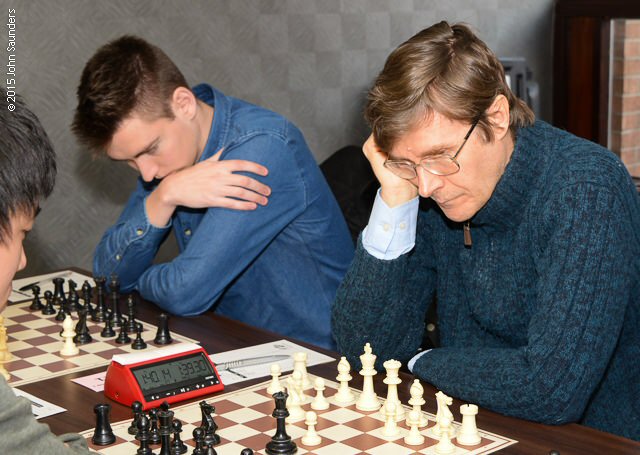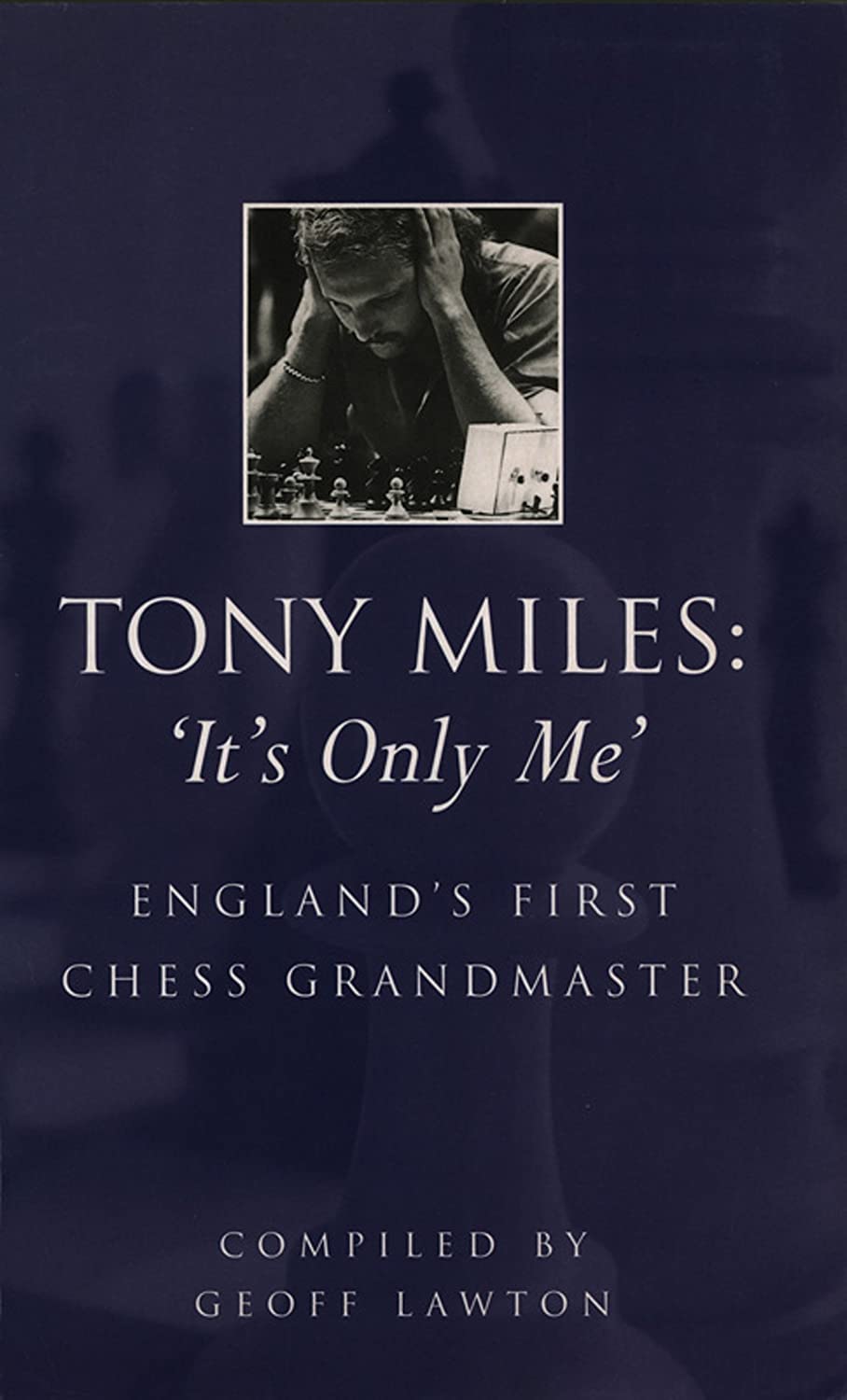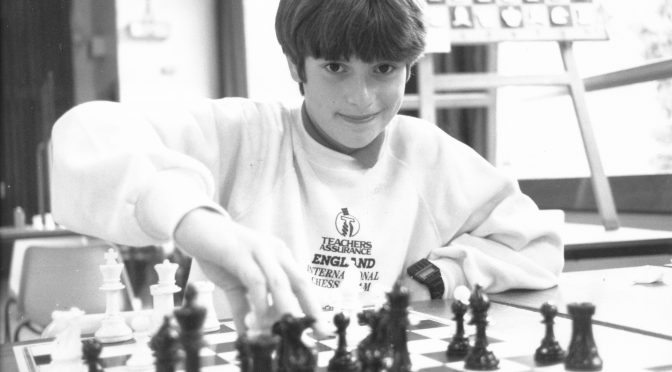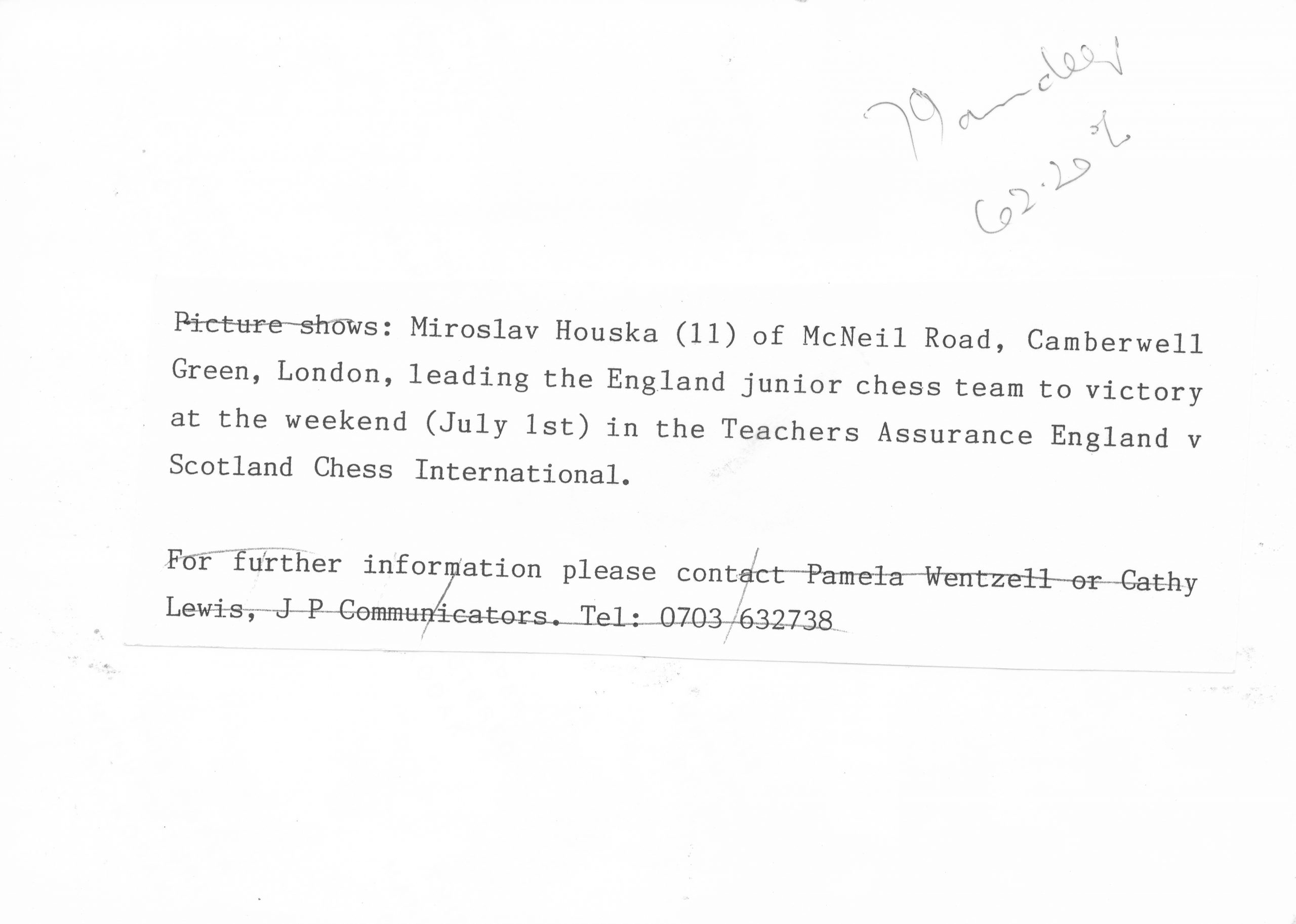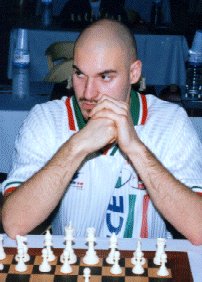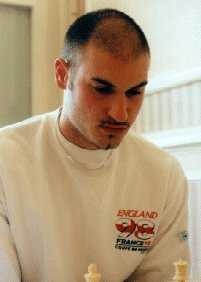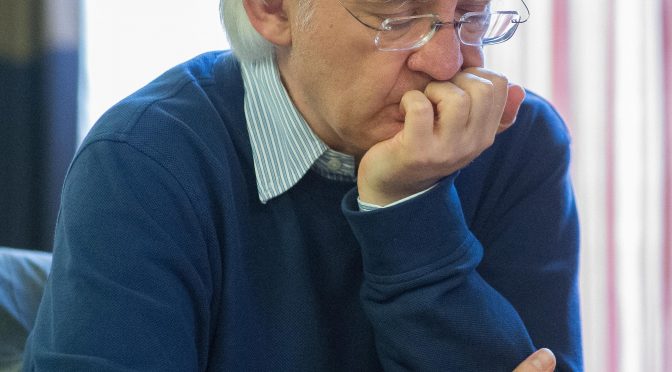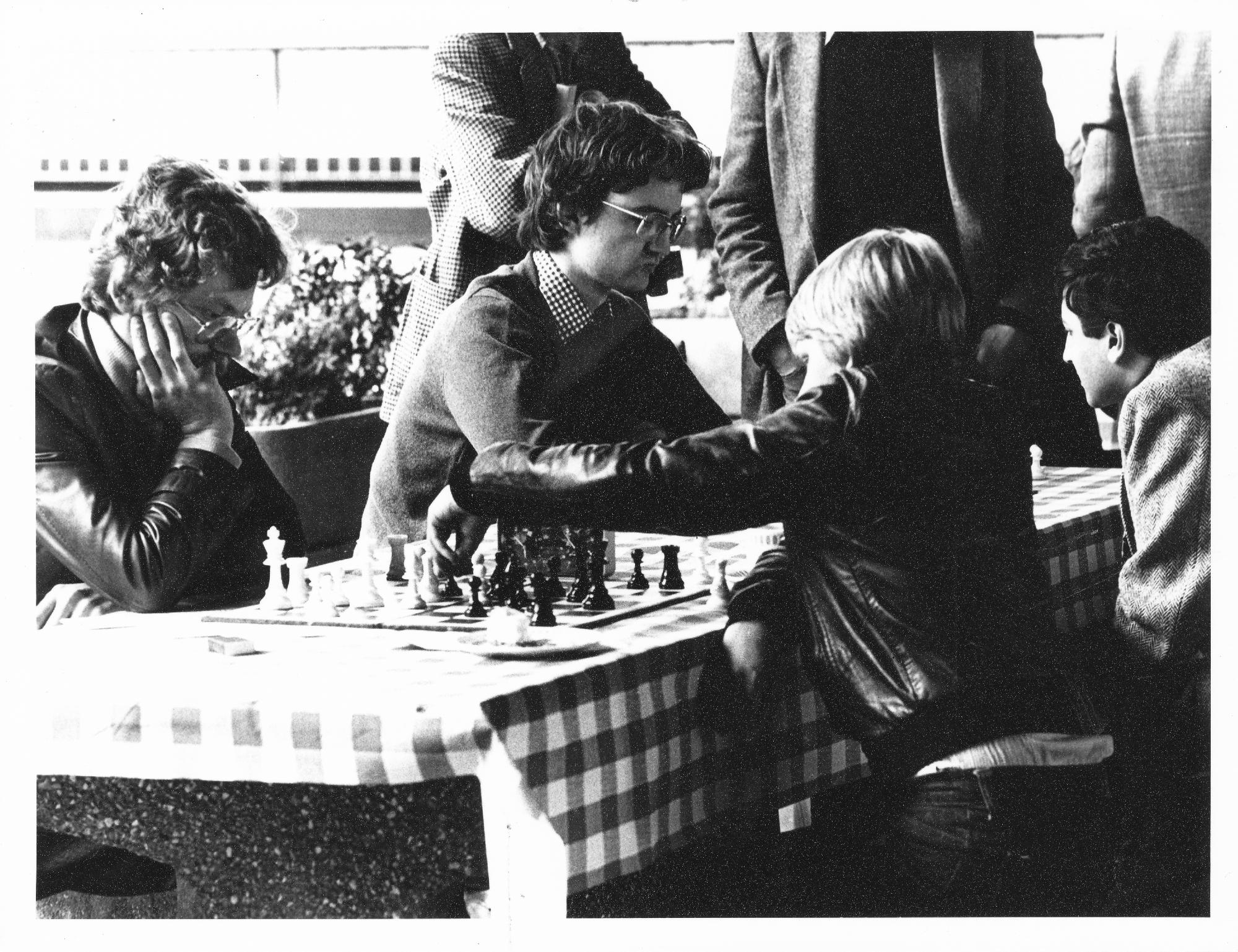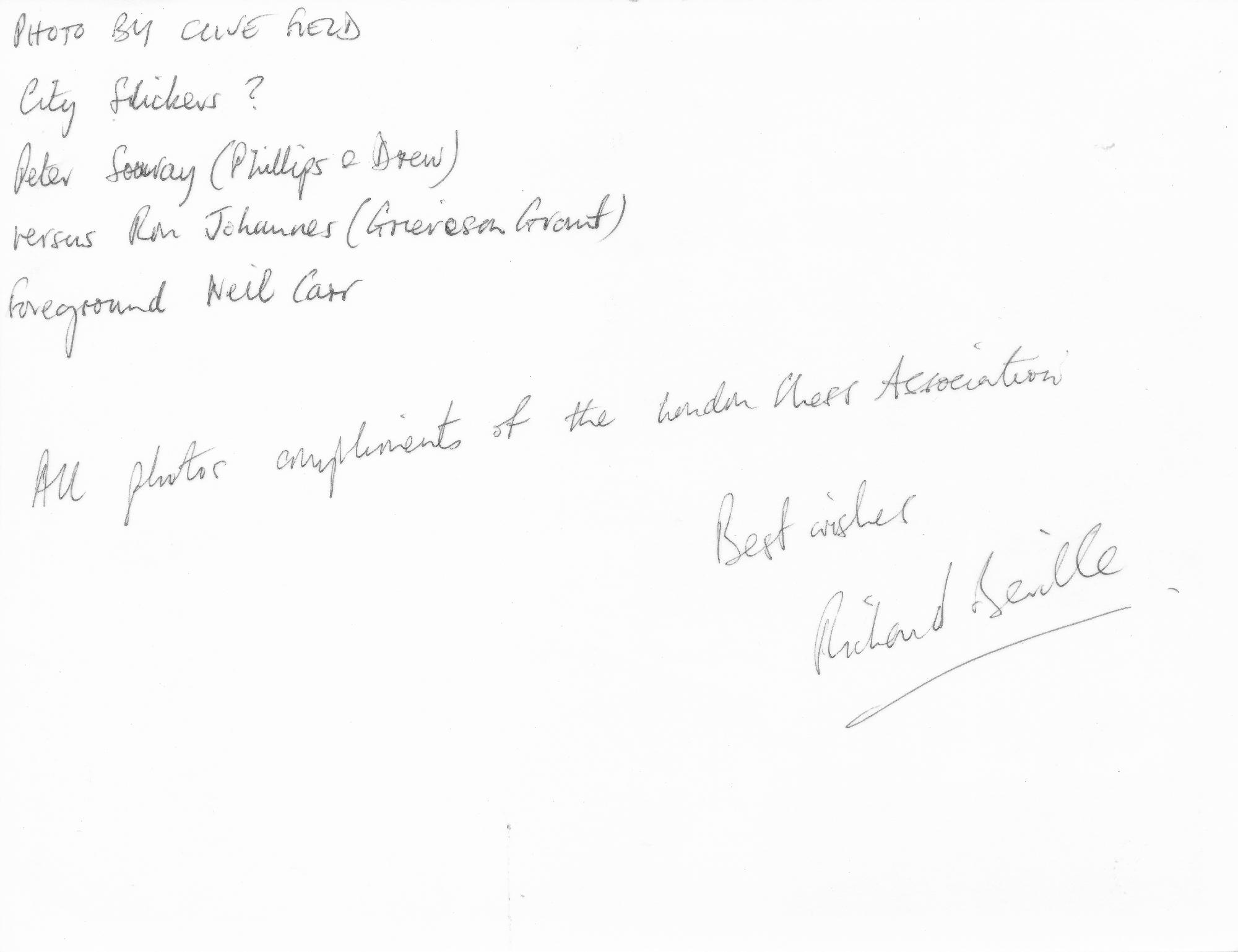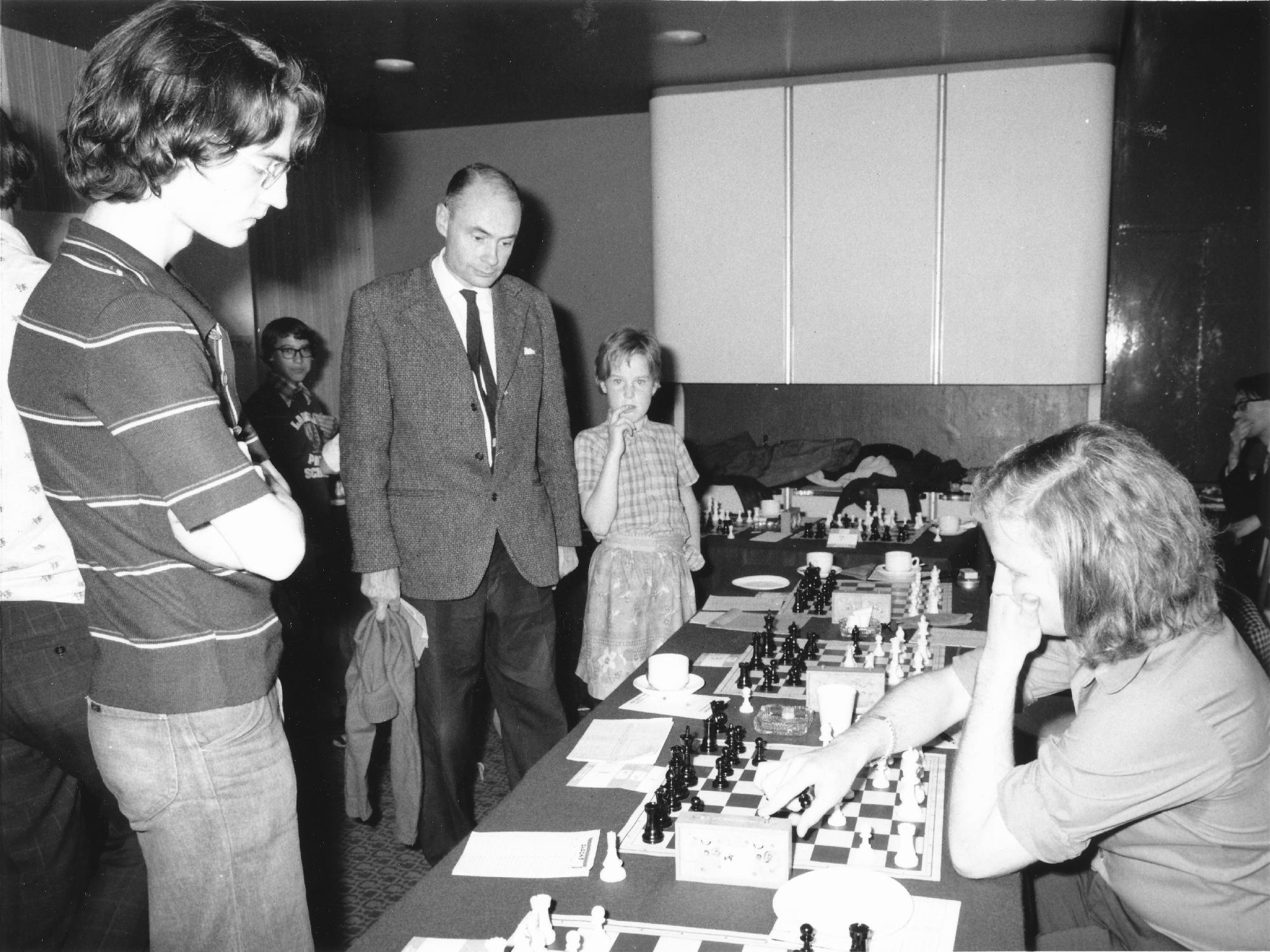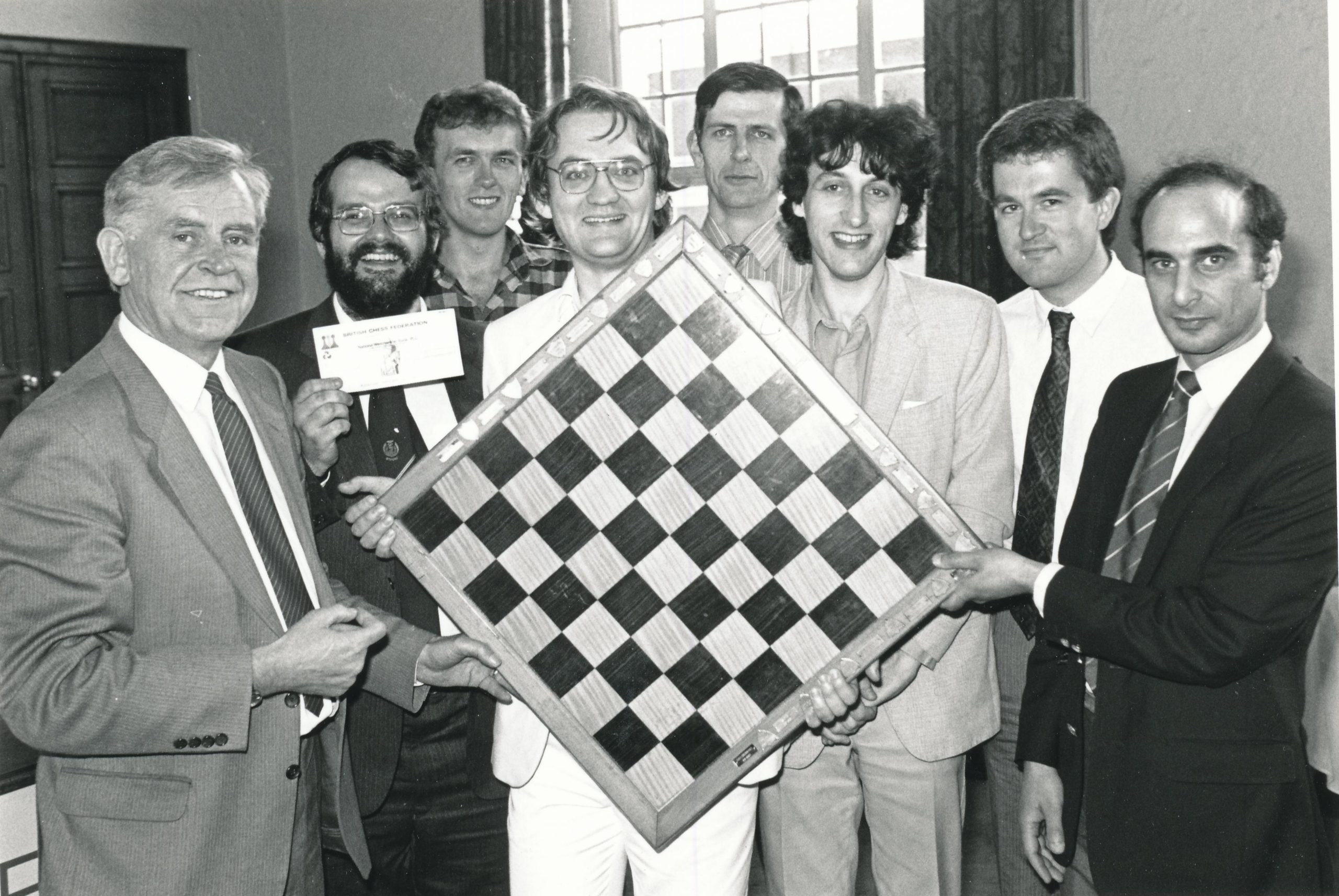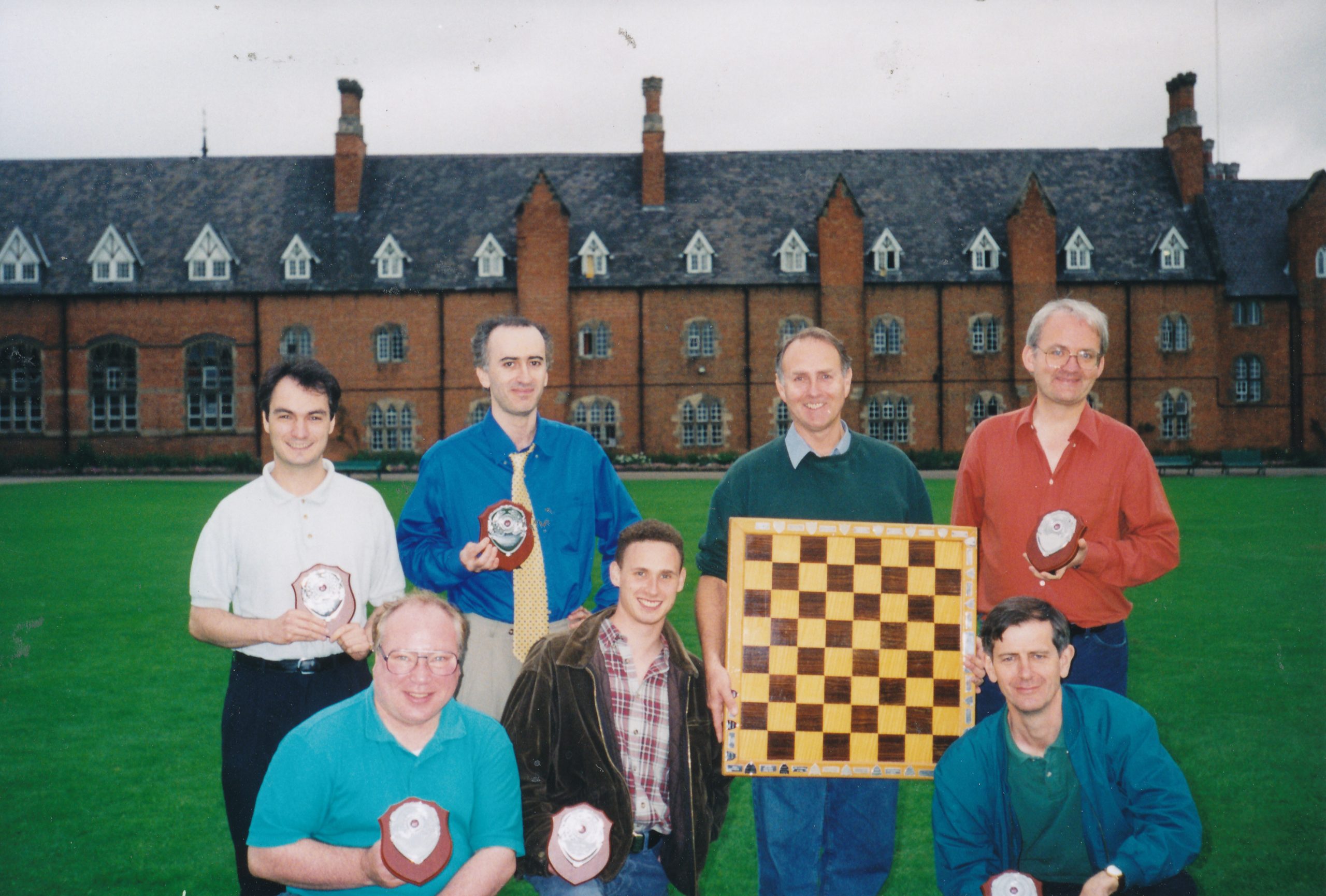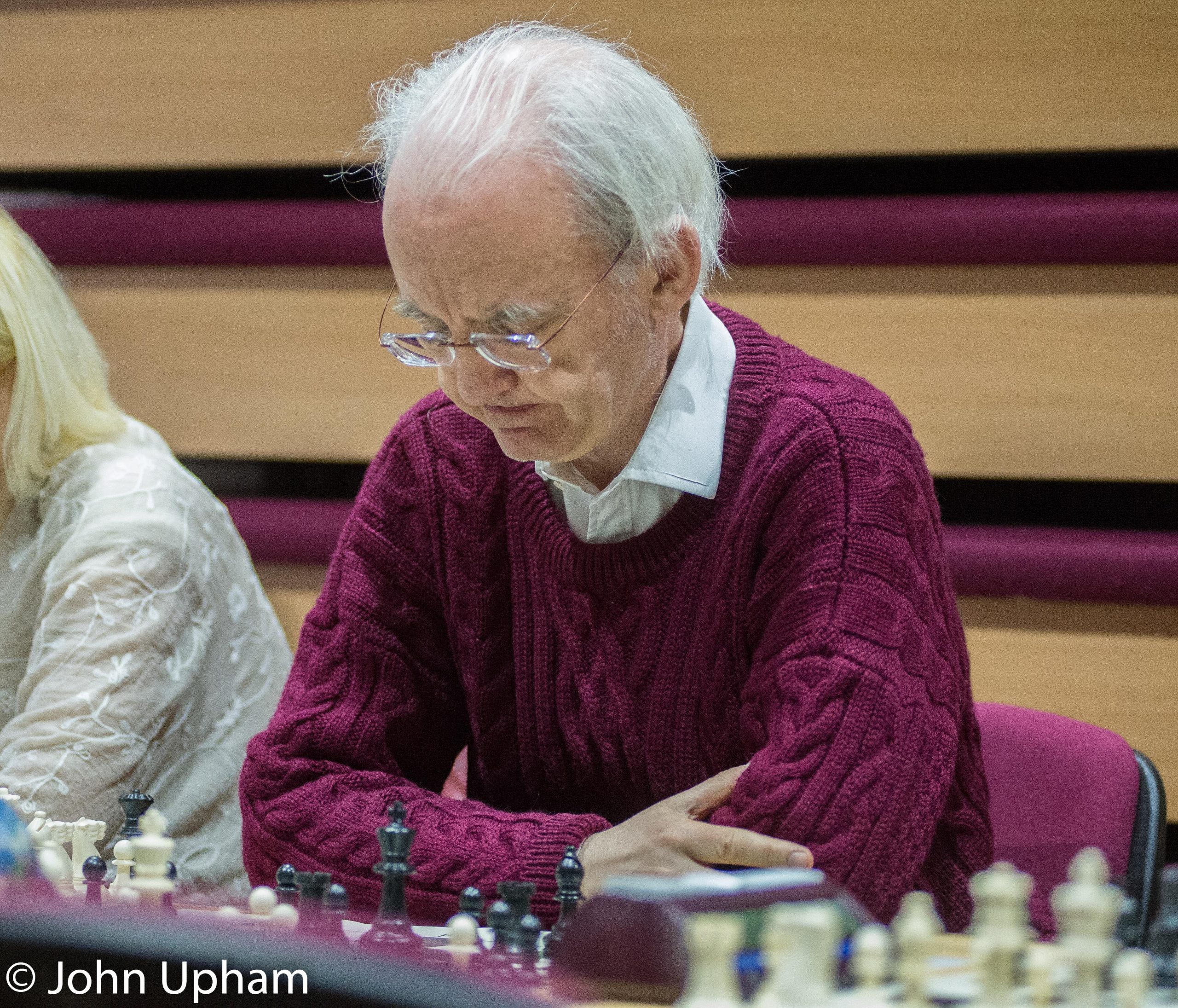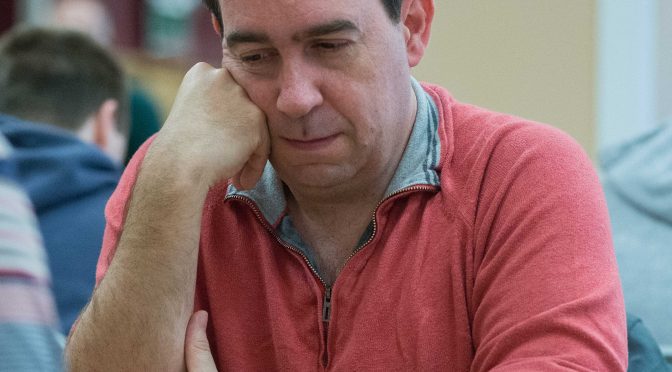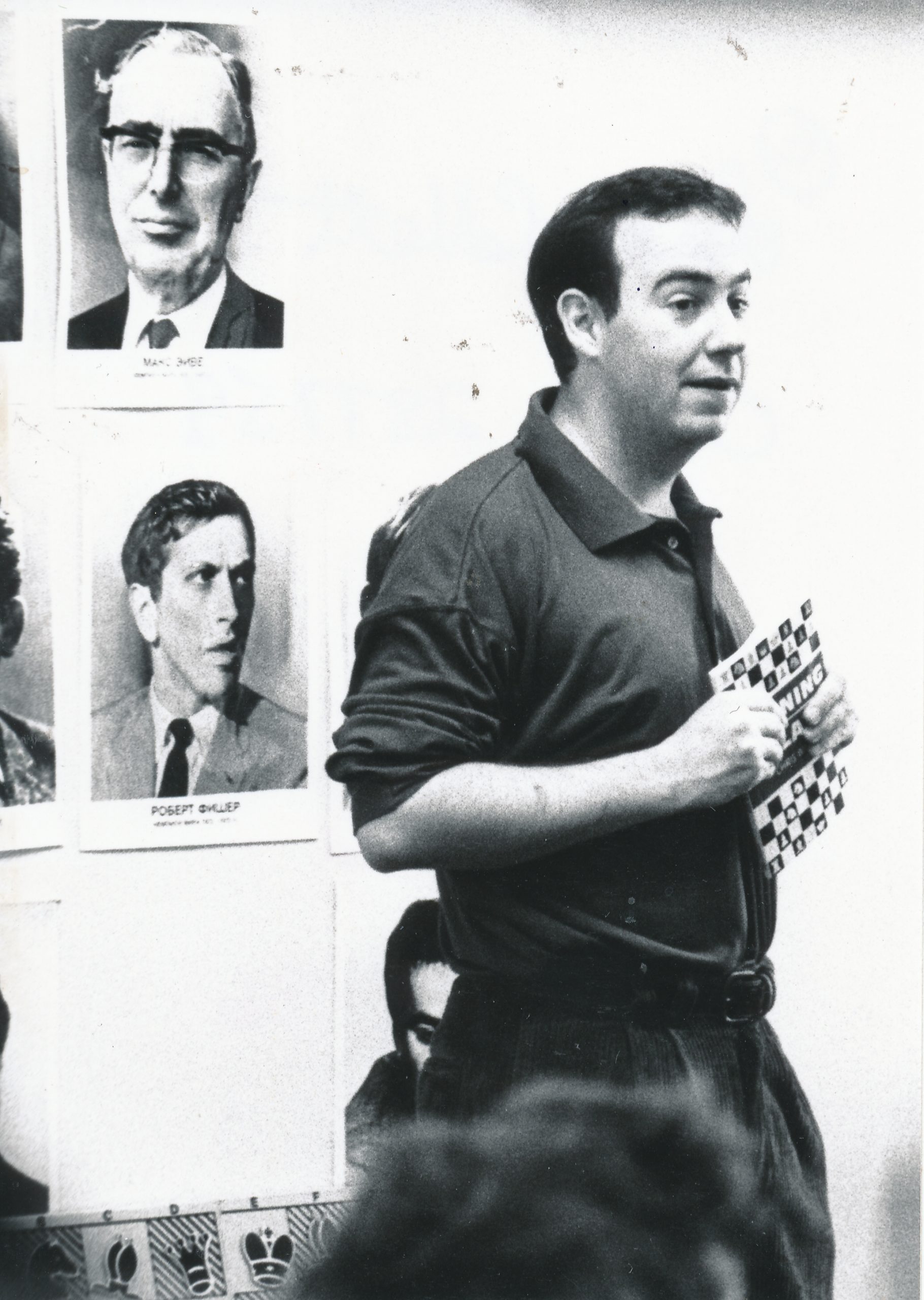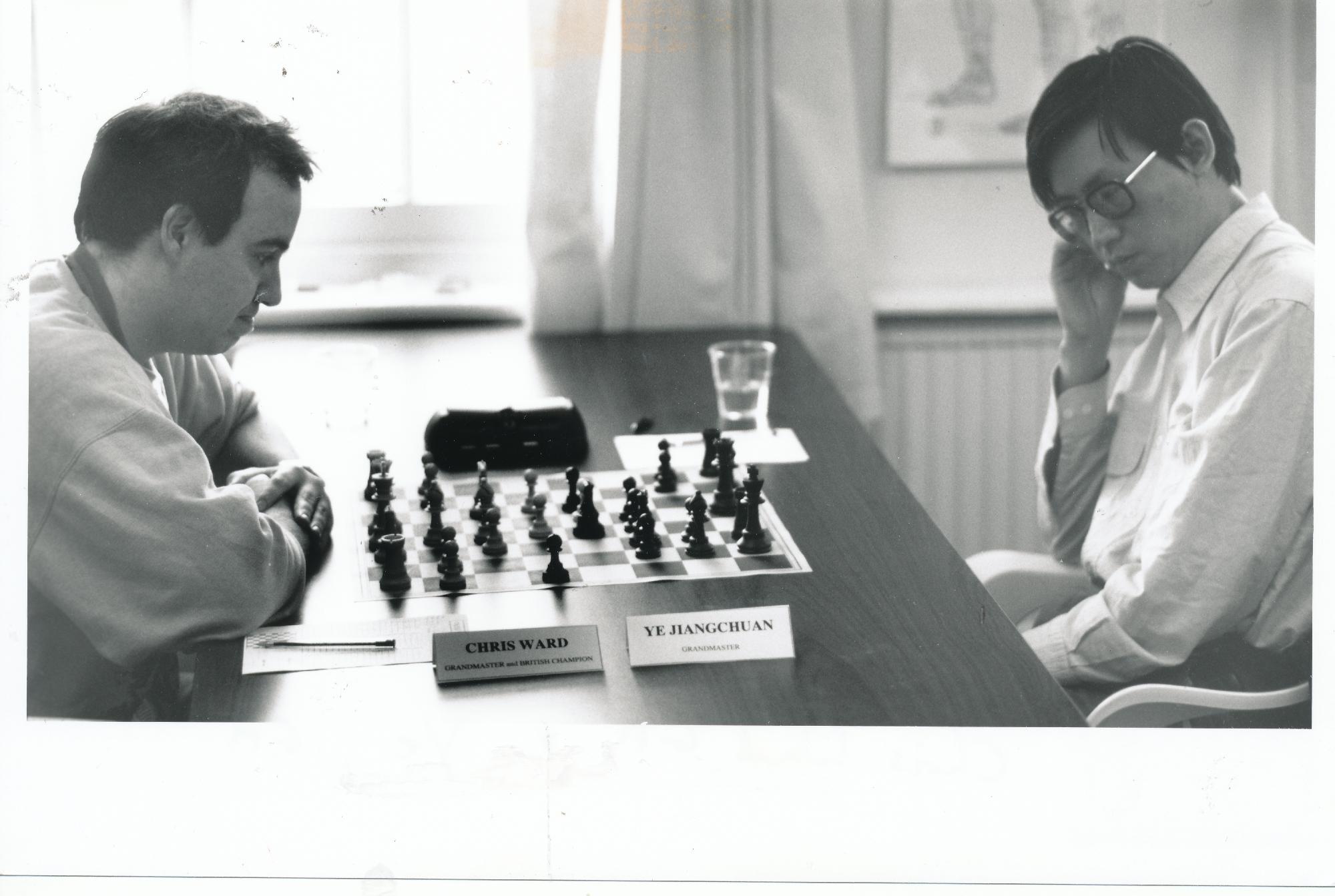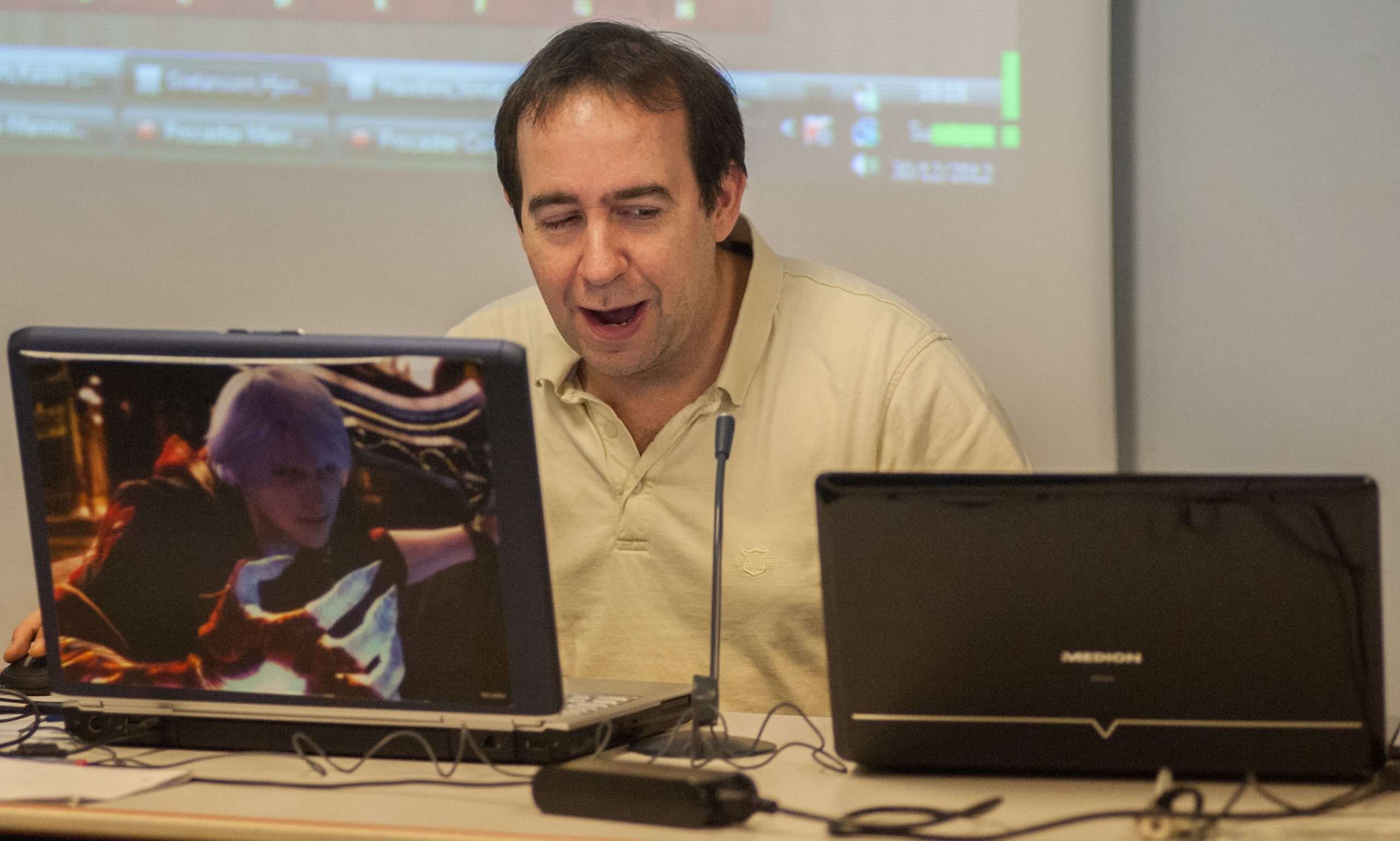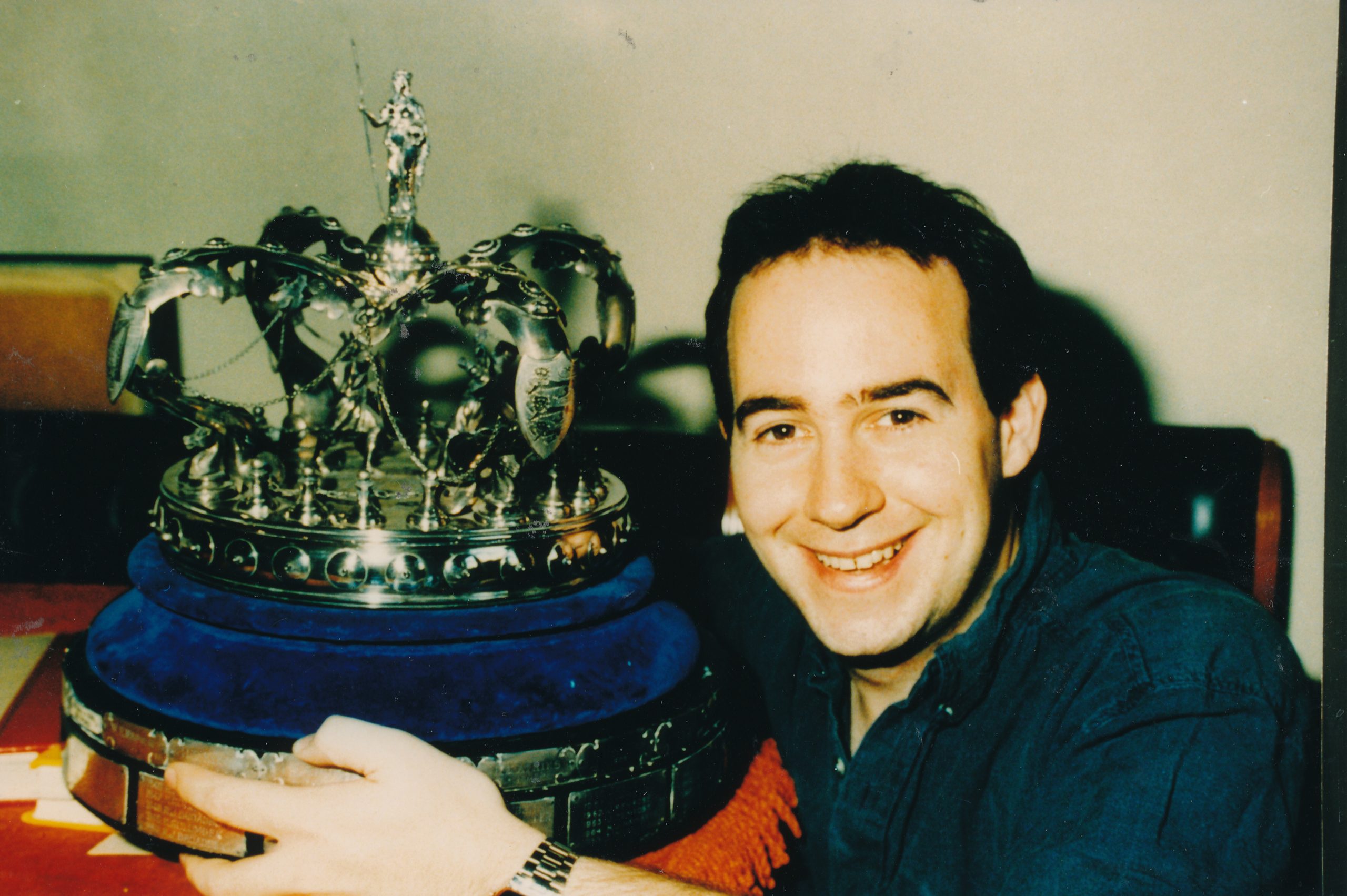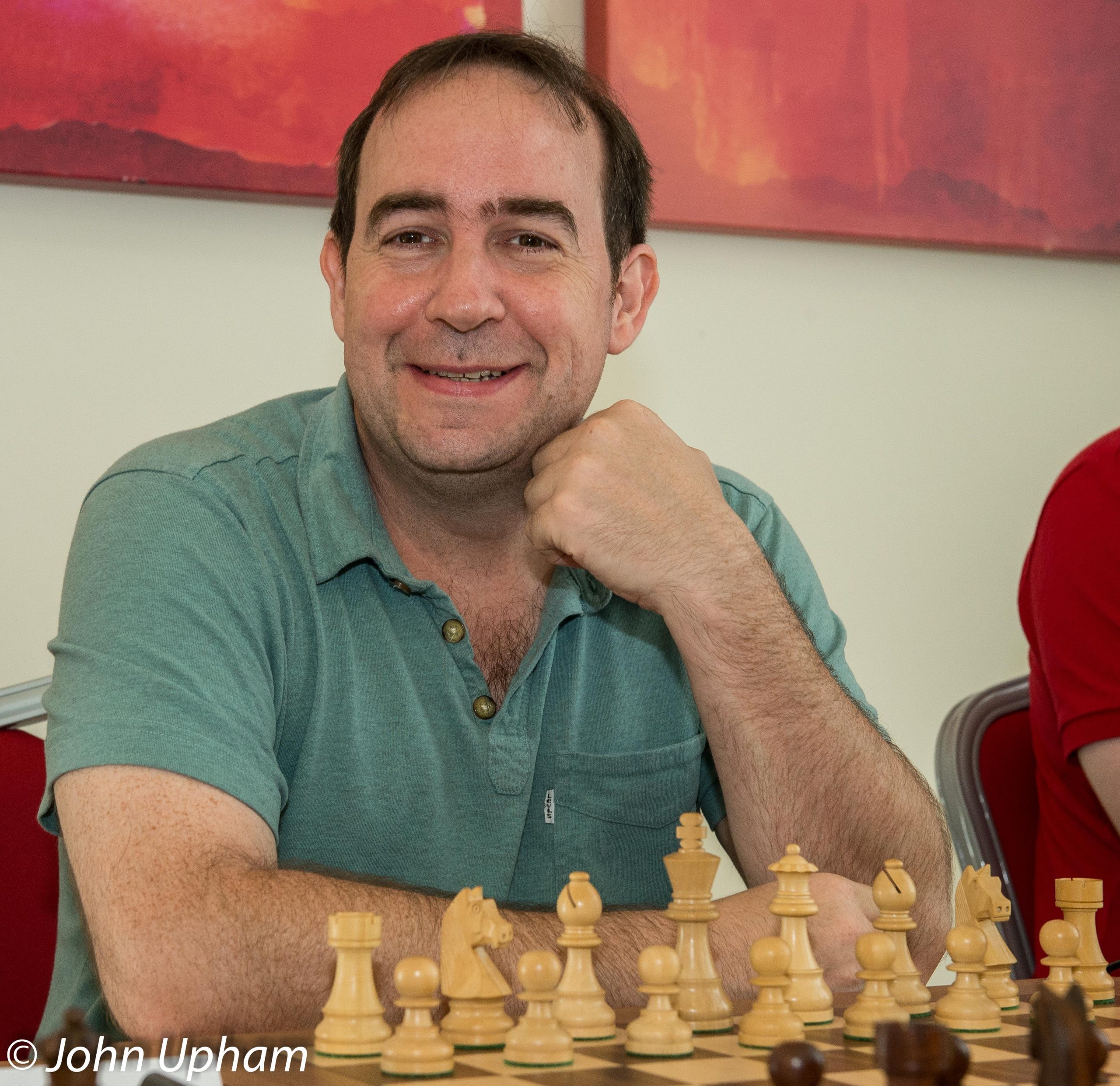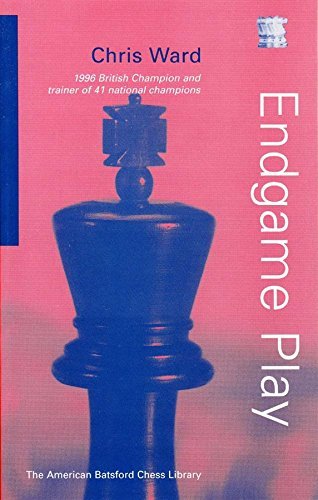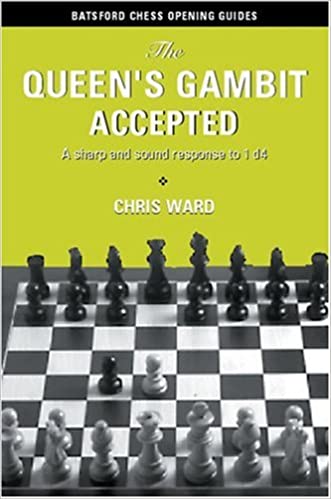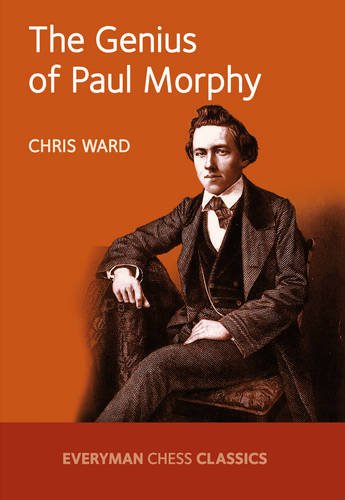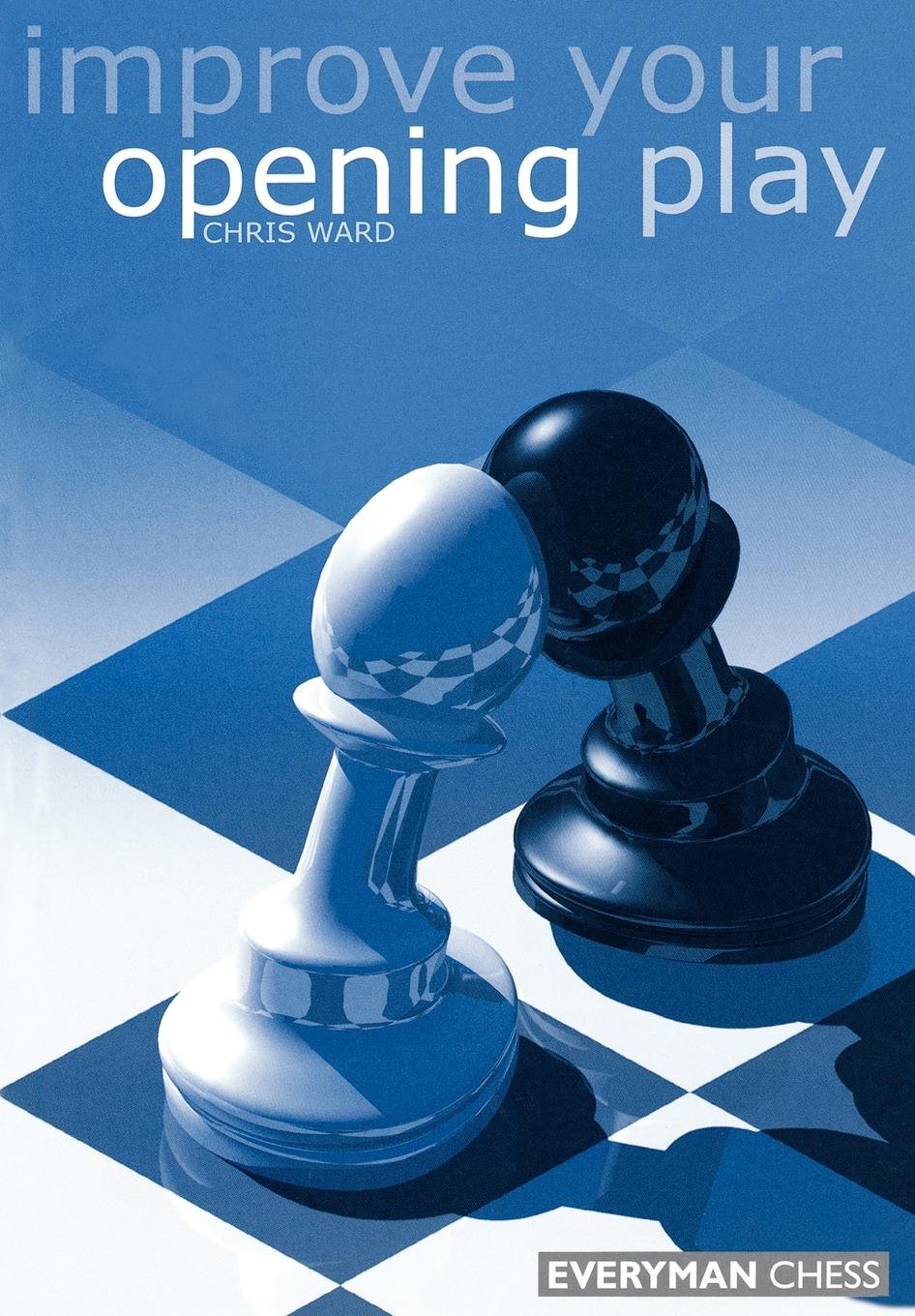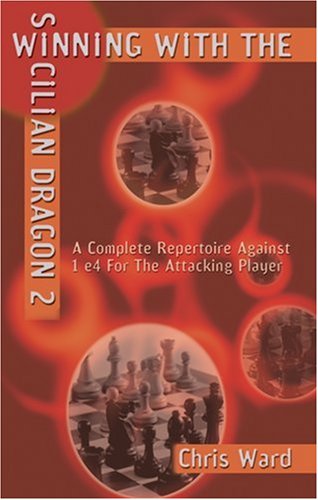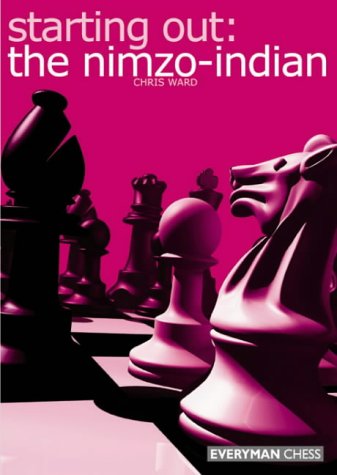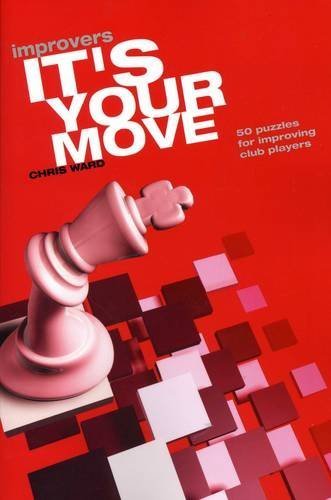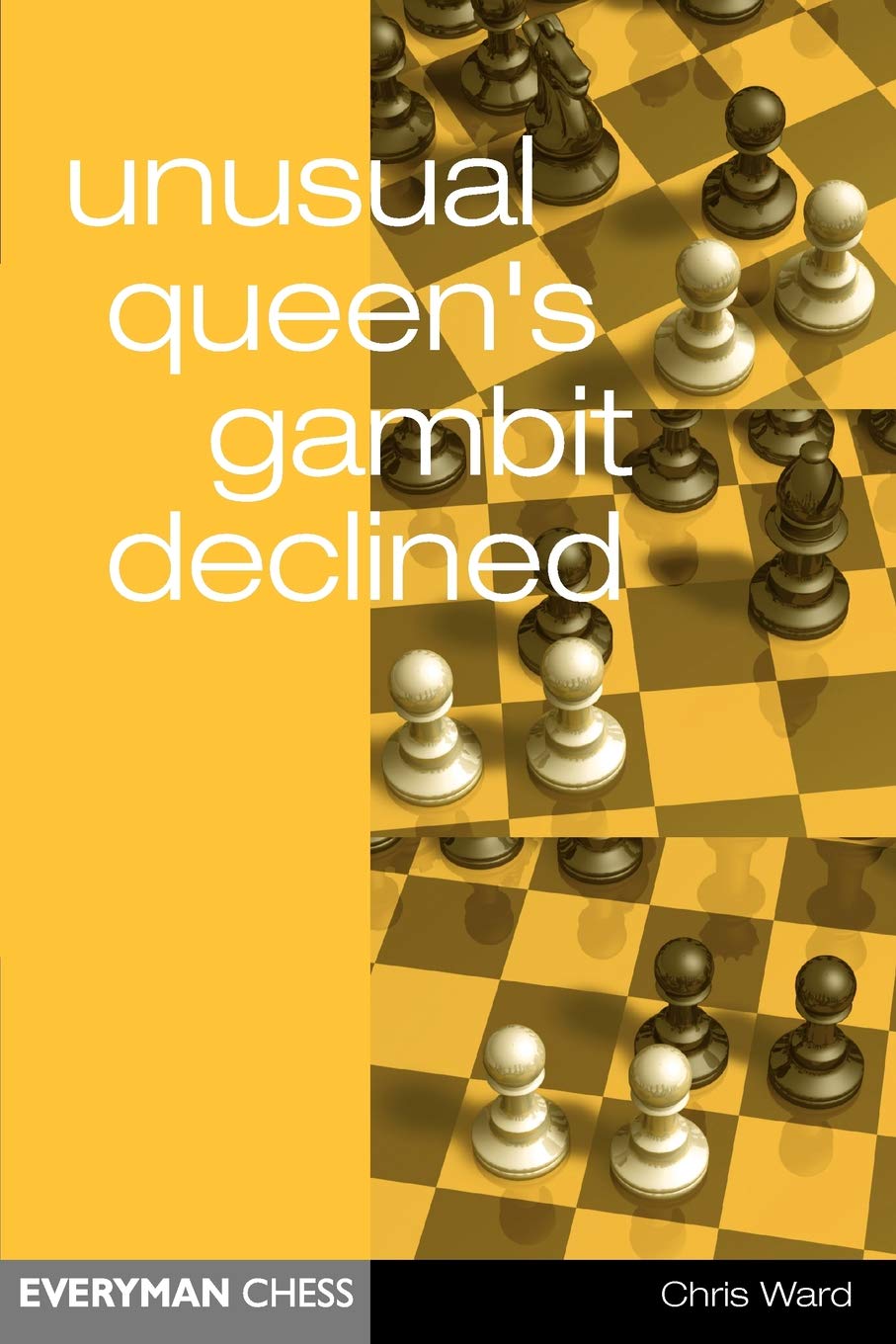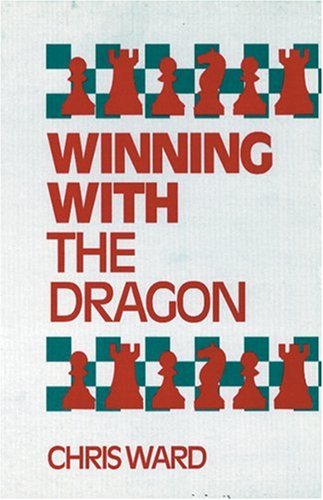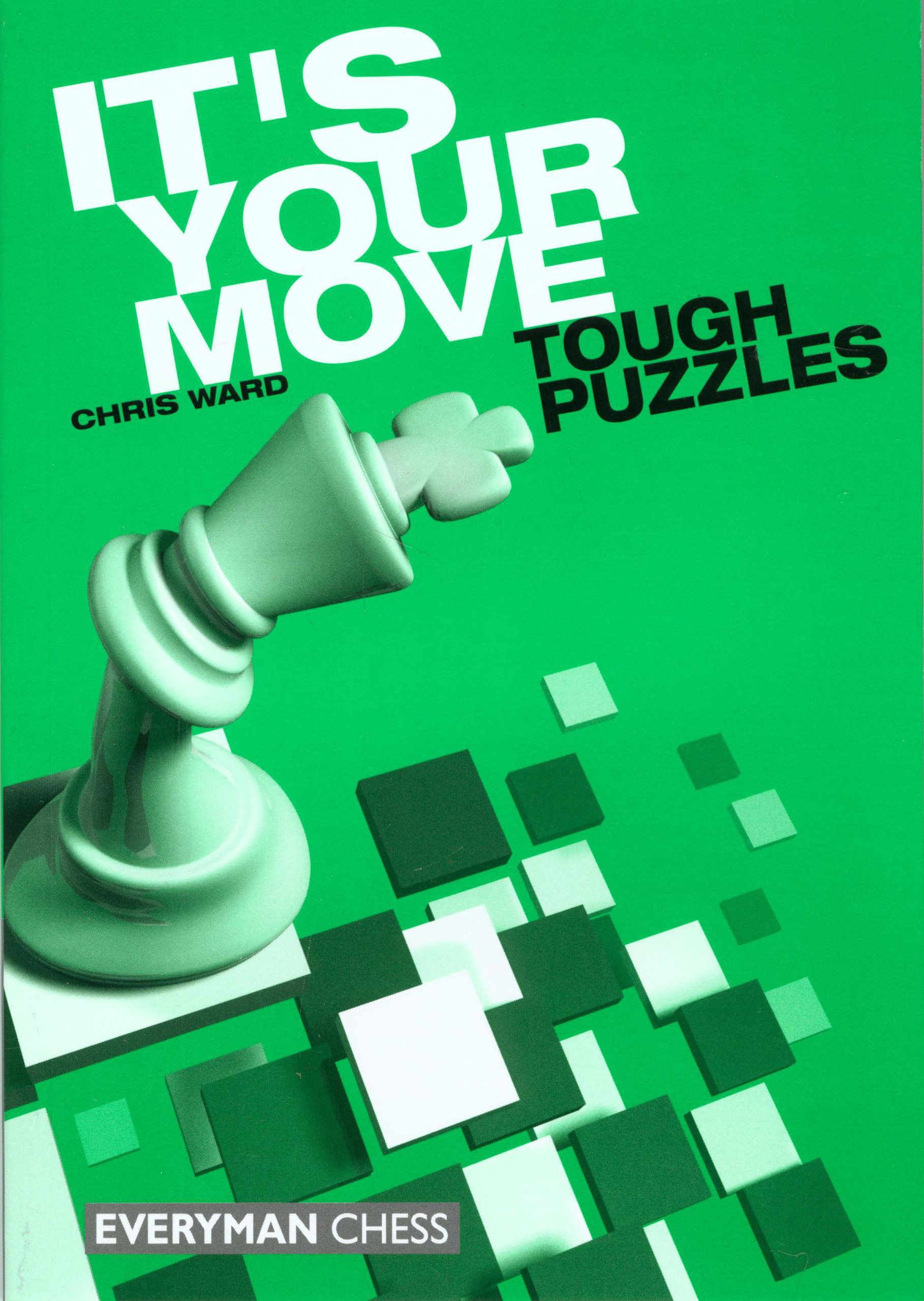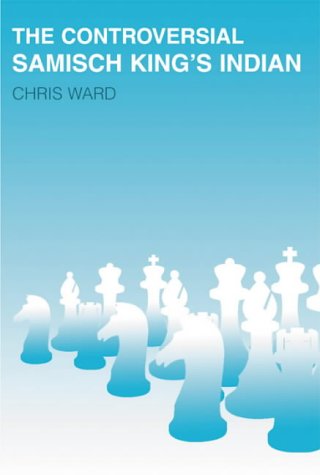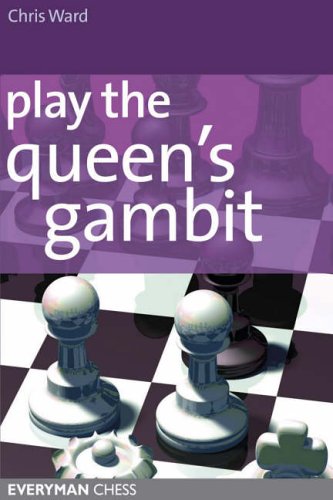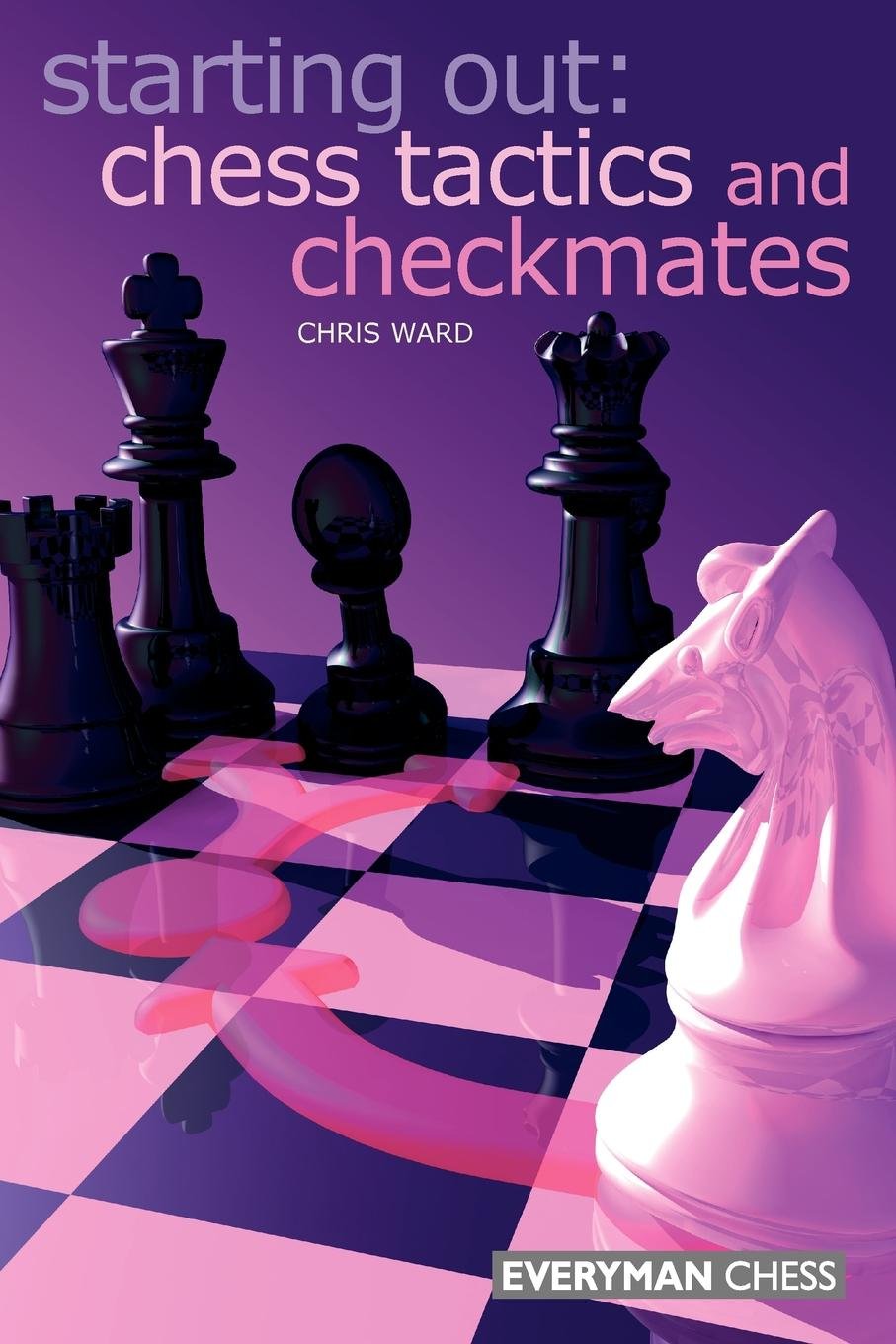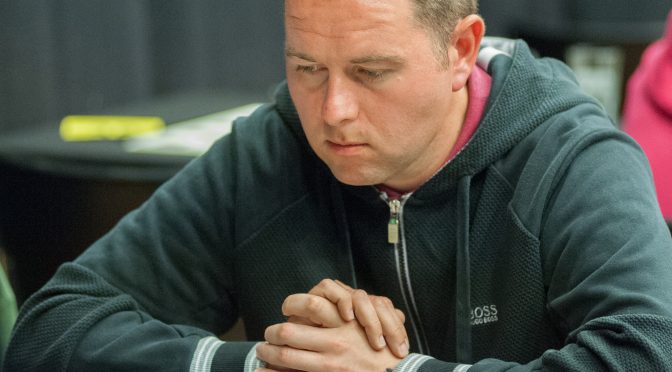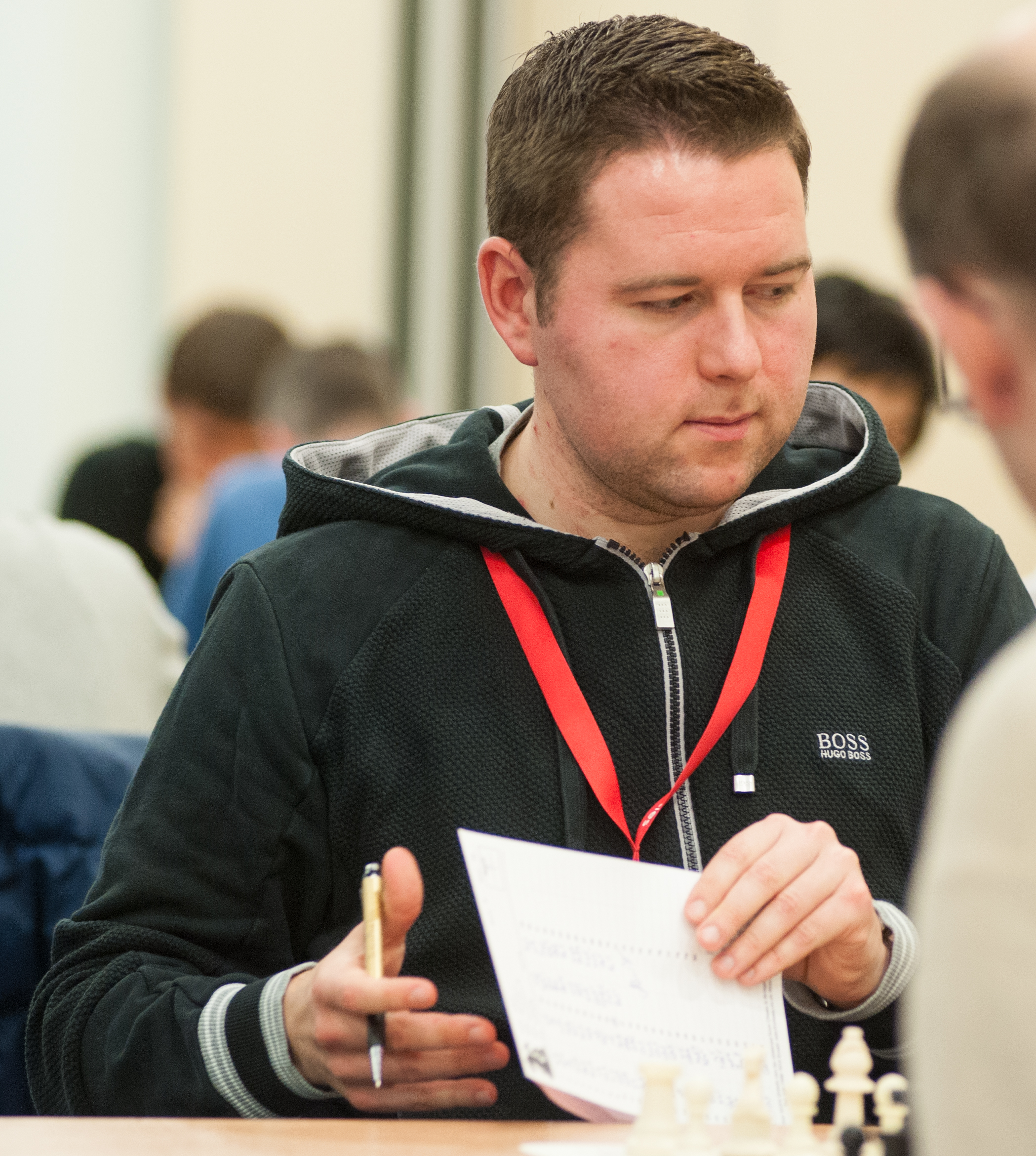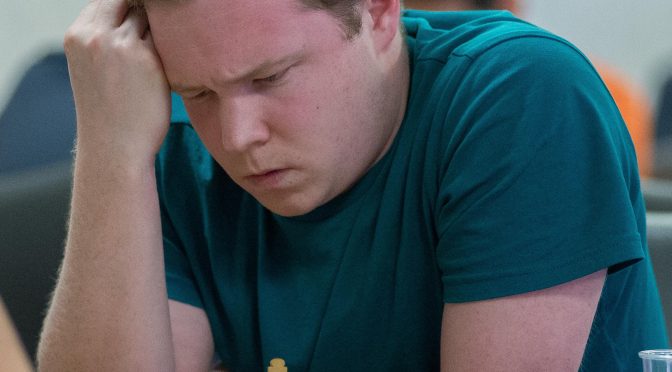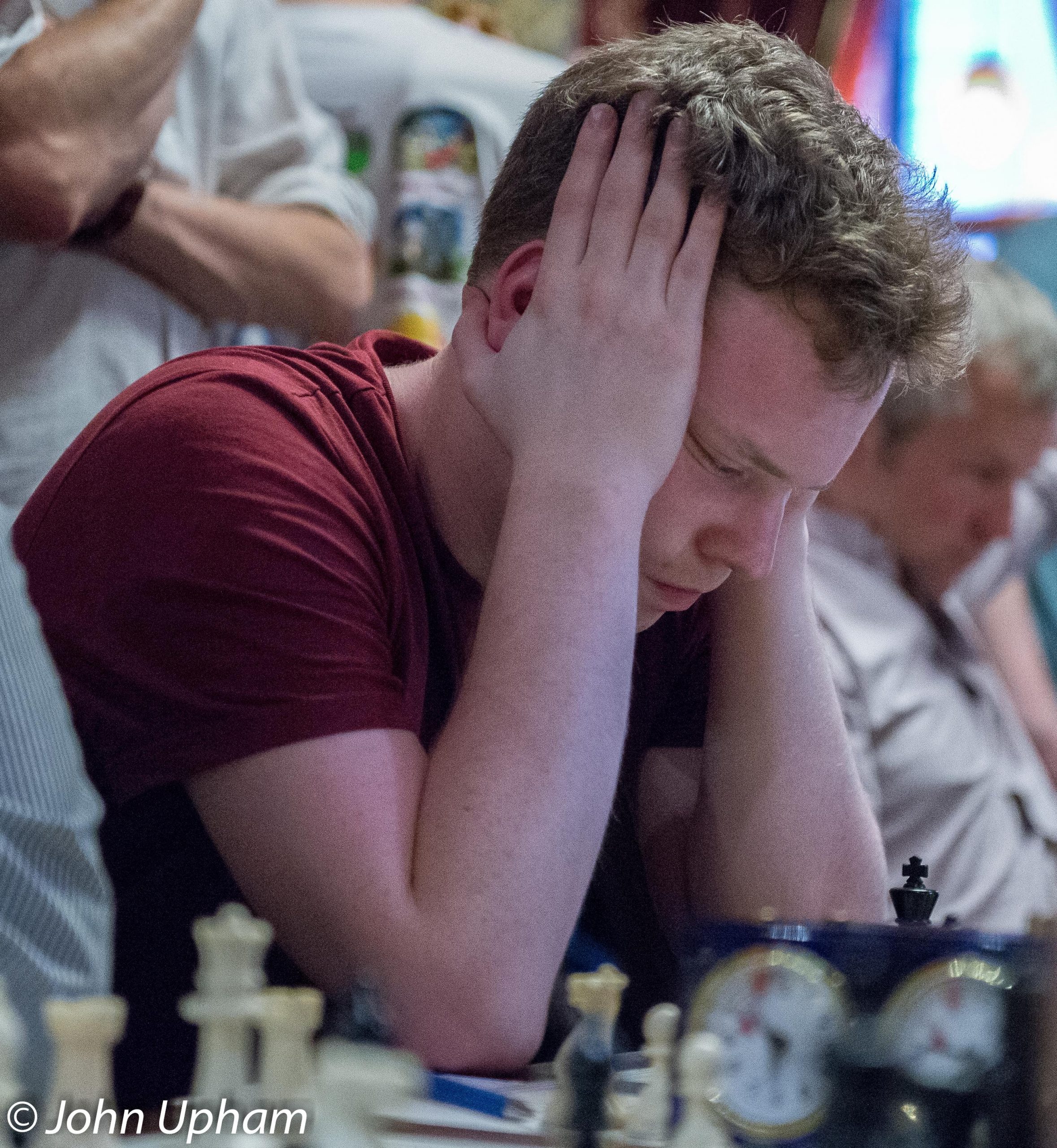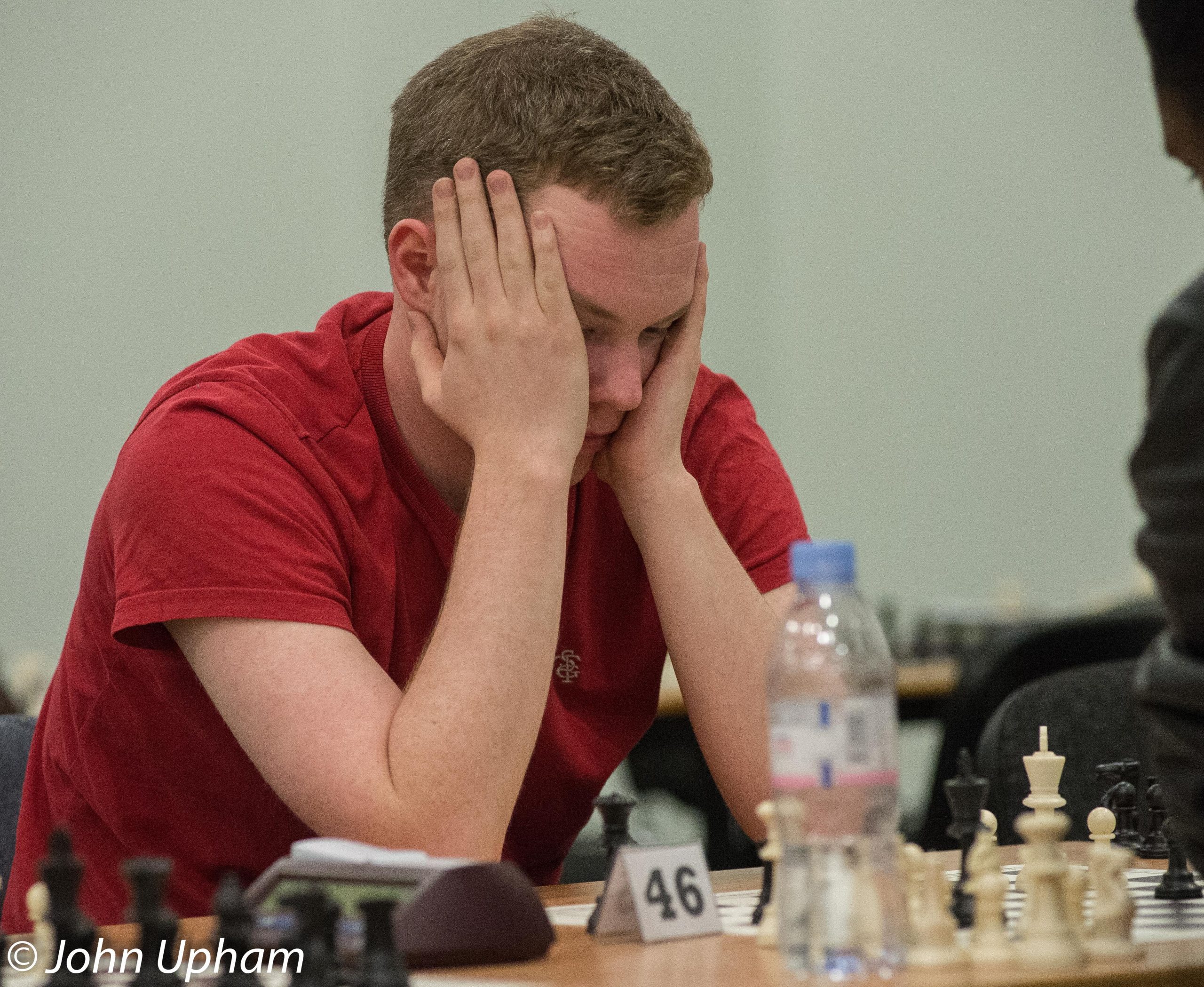BCN remembers Henry Edward Bird who passed away this day, April 11th in 1908.
From The Oxford Companion to Chess by David Hooper & Ken Whyld :
“English player, accountant. He played in 13 strong tournaments, with erratic results; his best achievements were: Vienna 1873, a tie with L. Paulsen for fifth place; Paris 1878, fourth place shared with Mackenzie; Manchester 1890. third prize shared with Mackenzie after Tarrasch and Blackburne. He also played in numerous minor tournaments, notably tying with Gunsberg for first prize at London 1889. His most important match was against Steinitz in 1866 for the first to win eleven games. He was adjudged the loser when he was
called to the USA on business, the score standing +5 = 5—7 in favour of his opponent. This was a creditable result in the circumstances, for he played each game after a day’s work (Steinitz, however, was not so strong a player as he later became.) In 1886 Bird drew a match with Burn(+ 9—9). One of the most ingenious tacticians of his time, Bird played in the attacking style prevalent in his youth. He usually chose openings that were regarded as bizarre, although many of them, e.g. the Dragon Variation, have since gained acceptance.

Bird was probably the best known and longest serving habitue of the London coffee-house known as Simpson’s Divan. ‘A rosy-cheeked, blue-eyed, fair-headed boy’, he first attended around 1846 and was a constant visitor for more than 50 years, after which he was described as ‘majestic in stature, in girth, in the baldness of his great head, less majestic in the litter of tobacco ash upon his waistcoat … with a pleasant smiling countenance’. He suffered from gout which eventually so incapacitated him that he was largely confined to his home for the last years of his life.
Besides writing booklets on railway finance he wrote several books on chess. They are not without interest although the content is sometimes inaccurate and often disorganized. Bird’s Modern Chess and Chess Masterpieces (1887) contains more than 200 games, about half of them his own. Chess History and Reminiscences (1893) contains an account of contemporary players and chess affairs.
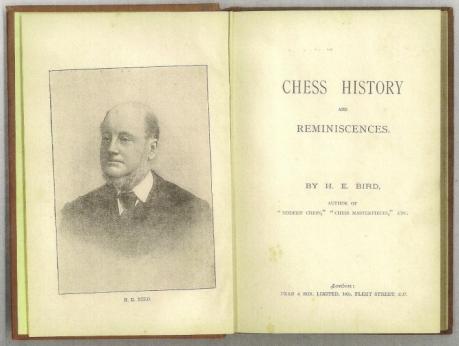
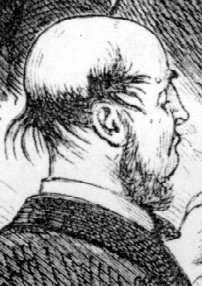
Bird-Mason New York 1876 French Defence, Exchange Variation :
For this game Bird was awarded the BRILLIANCY PRIZE.
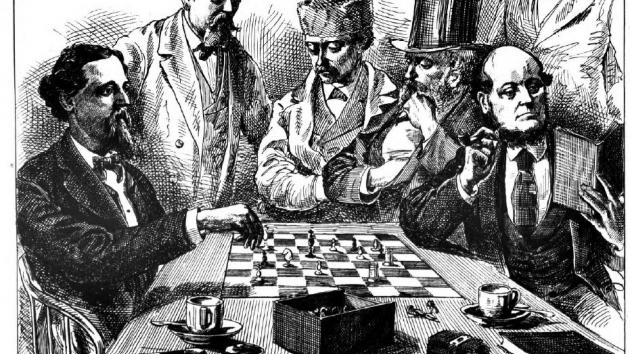
The Bird Attack is variation in the Italian opening strongly advocated by Stamma and no less strongly by Biro. In May 1843 saint-Amant played it against Staunton in their first match and five years later Bird adopted the variation, playing it in many tournaments, notably with fair success at Vienna 1882, London 1883, and Nuremberg 1883.
The Bird Defence, a reply to the Spanish opening given in the first edition of Bilguer’s Handbuch, 1843. Pioneered by Bird, e.g. against Anderssen in 1854, and used on occasion by grandmasters such as Tarrasch, Spielmann, and Spassky, this defence has not gained wide acceptance.
The Bird Opening, sometimes called the Dutch Attack by analogy with the Dutch Defence. In 1873, after an absence of six years from chess, Bird played a match with Wisker. ‘Having forgotten familiar openings, I commenced adopting KBP for first move, and finding it led to highly interesting games out of the usual groove, I became partial to it. ’ Bird had also forgotten unfamiliar openings, for
1 f4 (given by Lucena) had been played by Bourdonnais, Williams, and others of that period. However Bird’s consistent adoption of the move led to its becoming a standard opening, although
never popular.
From Wikipedia :
Henry Edward Bird (Portsea in Hampshire, 14 July 1830 – 11 April 1908) was an English chess player, and also an author and accountant. He wrote a book titled Chess History and Reminiscences, and another titled An Analysis of Railways in the United Kingdom.
Although Bird was a practicing accountant, not a professional chess player, it has been said that he “lived for chess, and would play anybody anywhere, any time, under any conditions.”
At age 21, Bird was invited to the first international tournament, London 1851. He also participated in tournaments held in Vienna and New York City. In 1858 he lost a match to Paul Morphy at the age of 28, yet he played high-level chess for another 50 years. In the New York tournament of 1876, Bird received the first brilliancy prize ever awarded, for his game against James Mason.
In 1874 Bird proposed a new chess variant, which played on an 8×10 board and contained two new pieces: guard (combining the moves of the rook and knight) and equerry (combining the bishop and knight). Bird’s chess inspired José Raúl Capablanca to create another chess variant, Capablanca Chess, which differs from Bird’s chess only by the starting position.
It was Bird who popularized the chess opening now called Bird’s Opening (1.f4), as well as Bird’s Defense to the Ruy Lopez (1.e4 e5 2.Nf3 Nc6 3.Bb5 Nd4). Bird’s Opening is considered sound, though not the best try for an opening advantage. Bird’s Defense is regarded as slightly inferior, but “trappy”.
According to Edward Winter Bird lived at these addresses :
- 5 Heygate Street, London SE, England (The Chess Monthly, October 1887, page 35).
- 16 Chetwode Road, Upper Tooting, London SW, England (Chess Amateur, April 1908, page 190).
